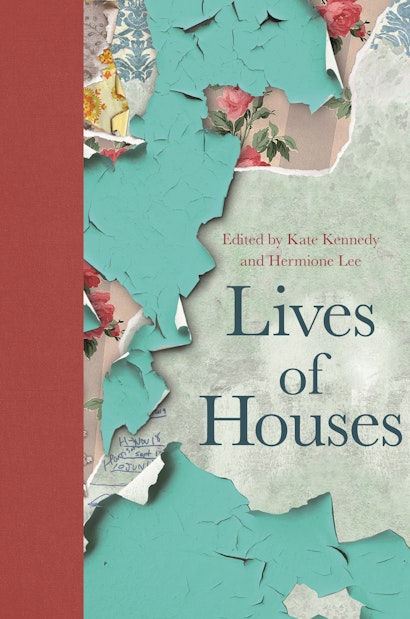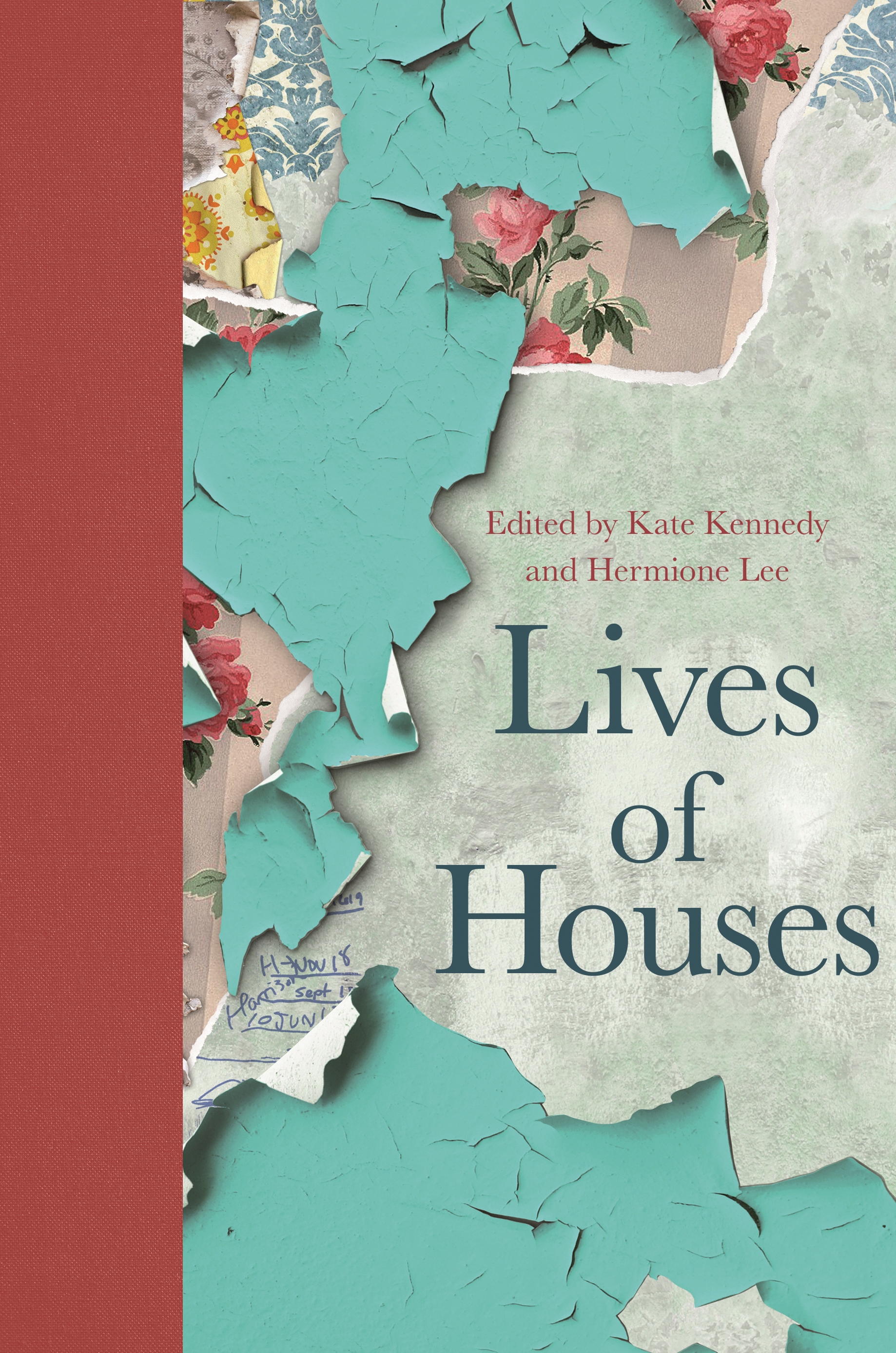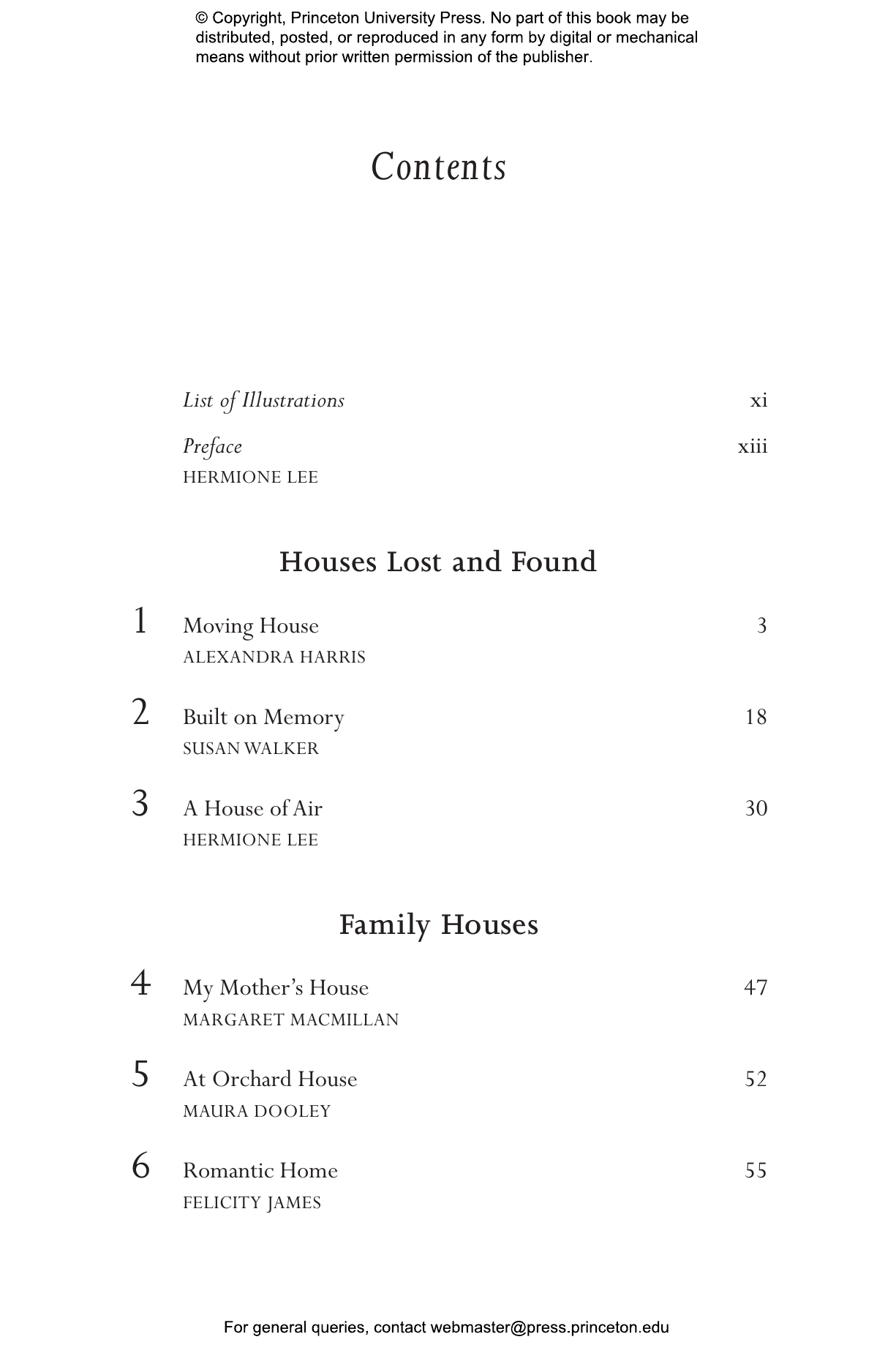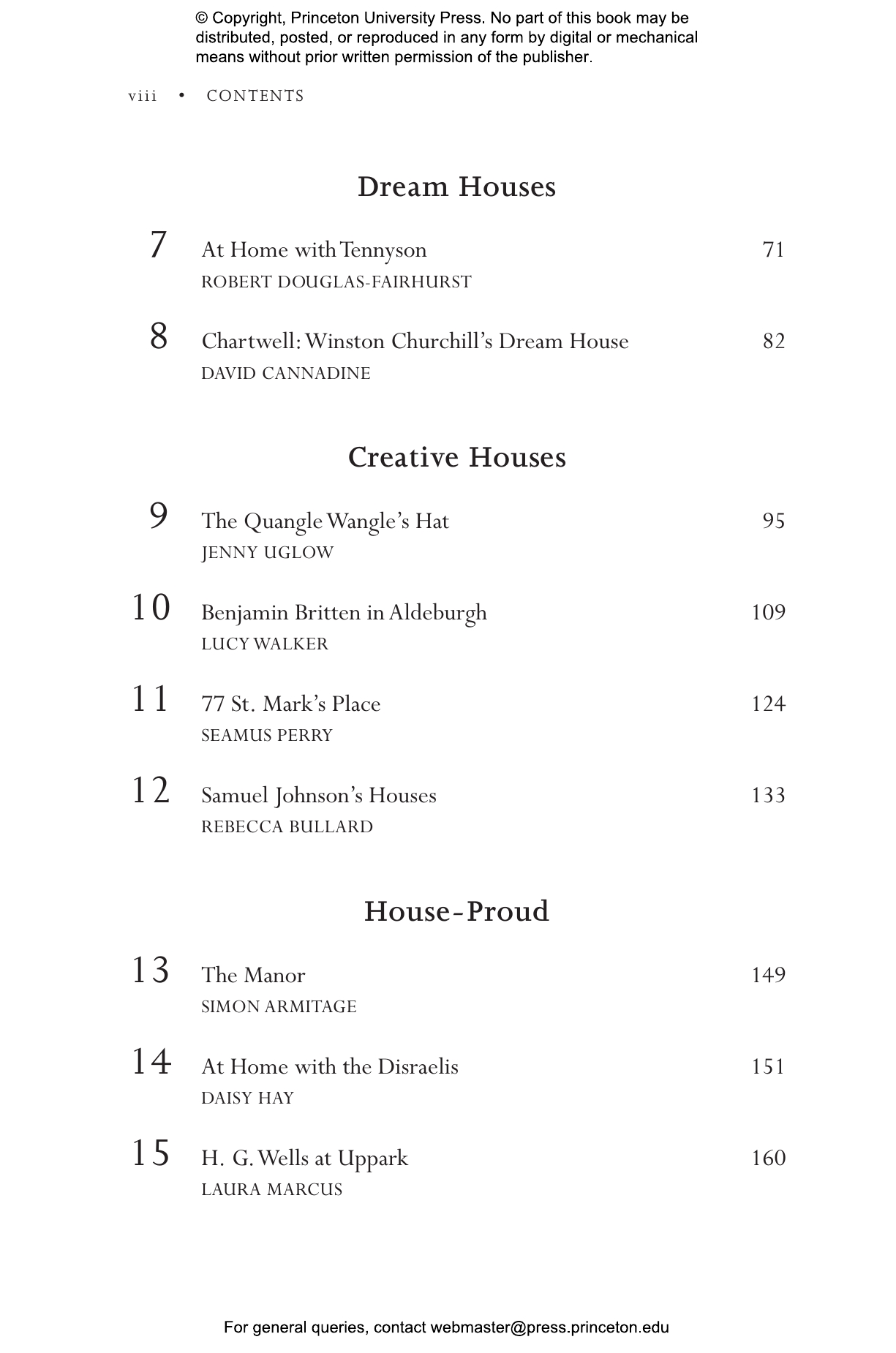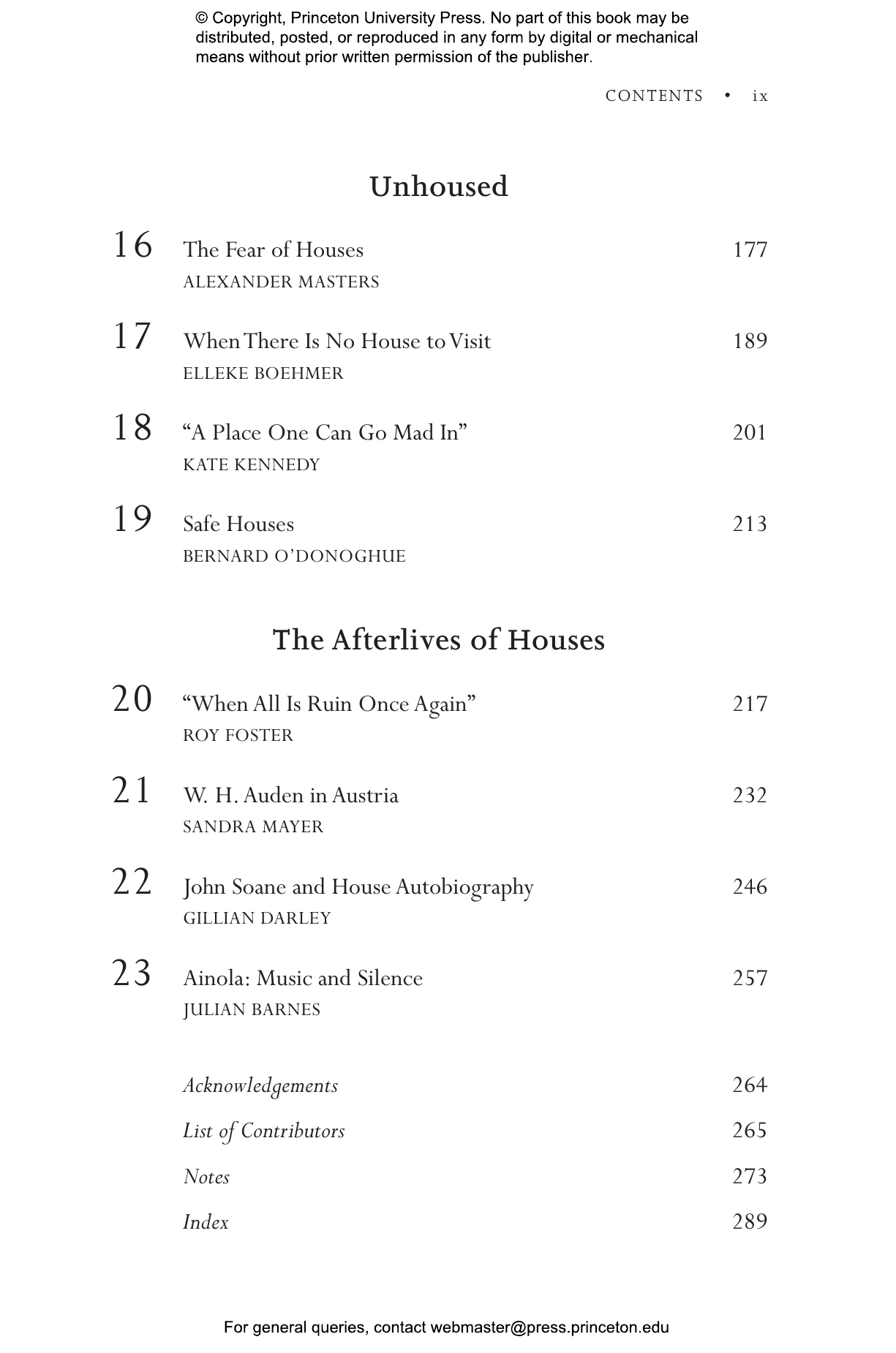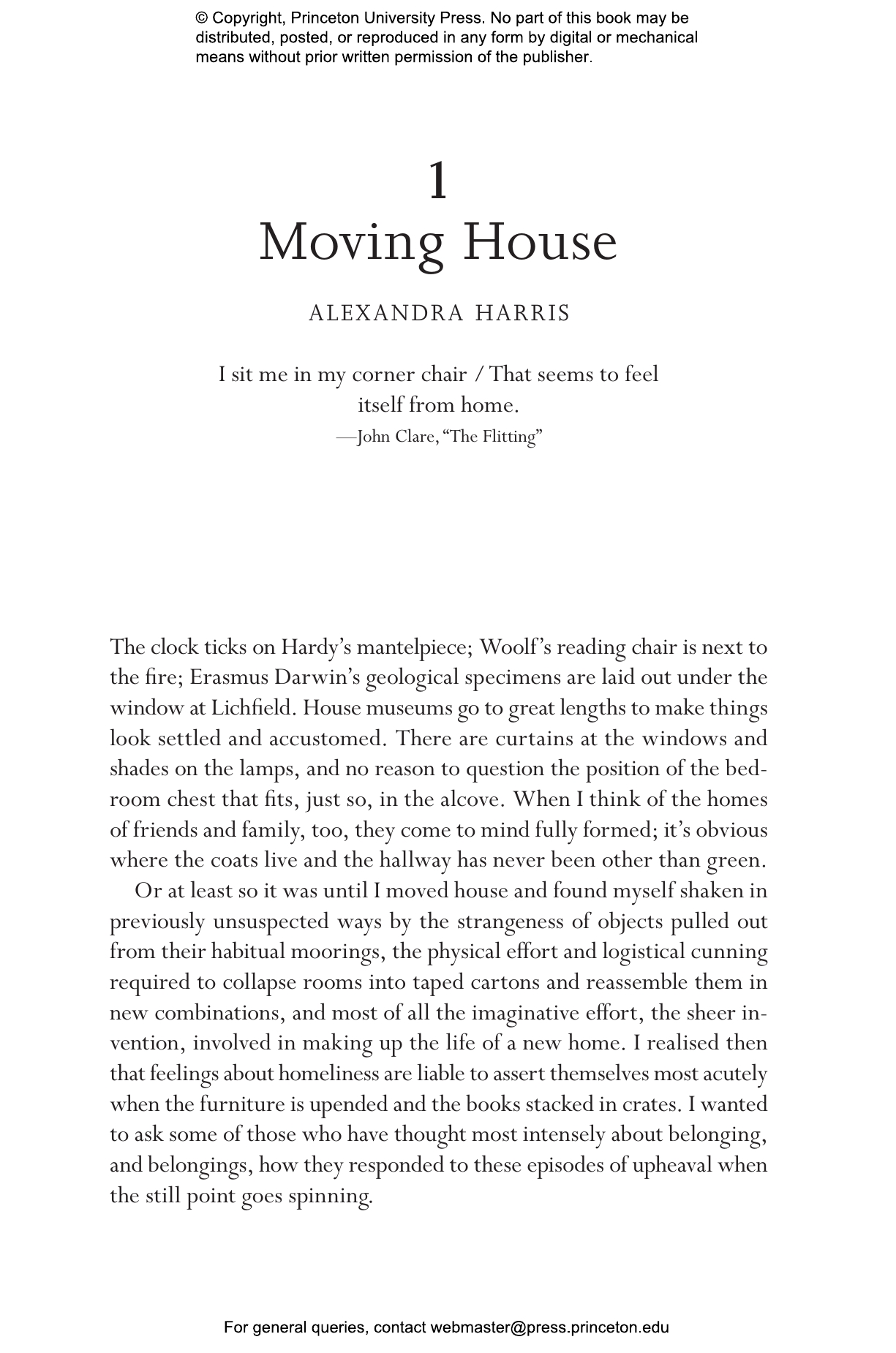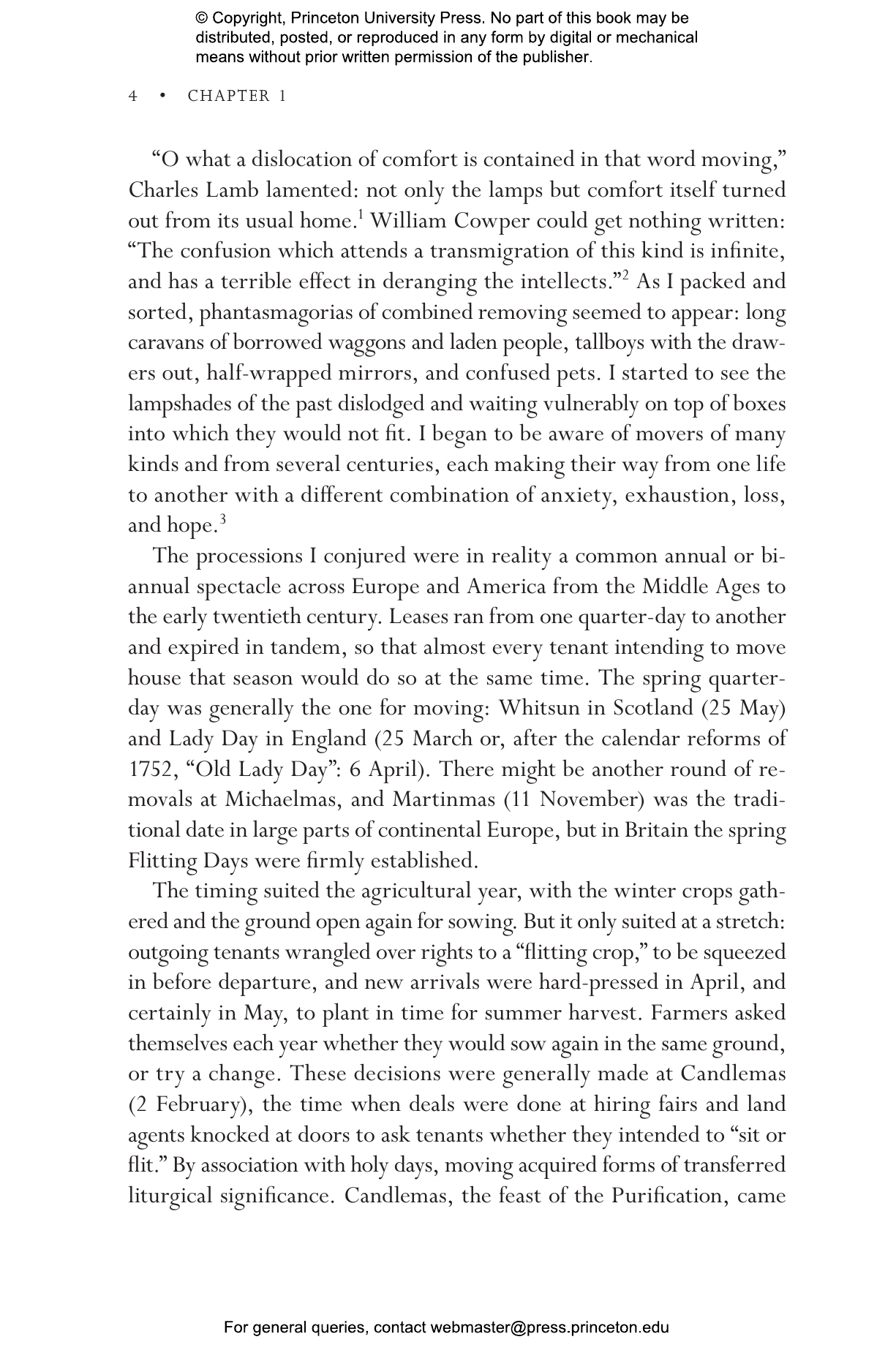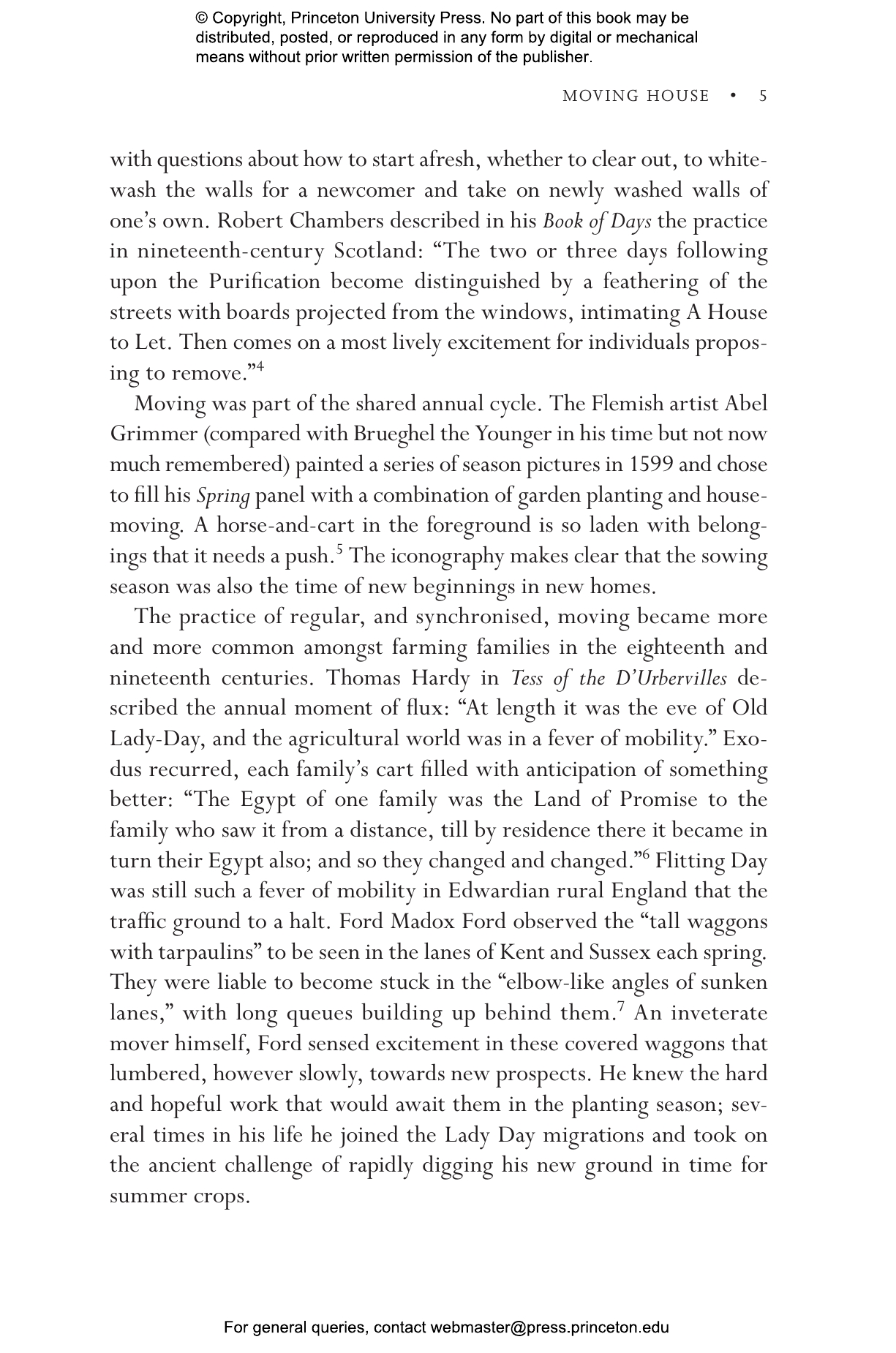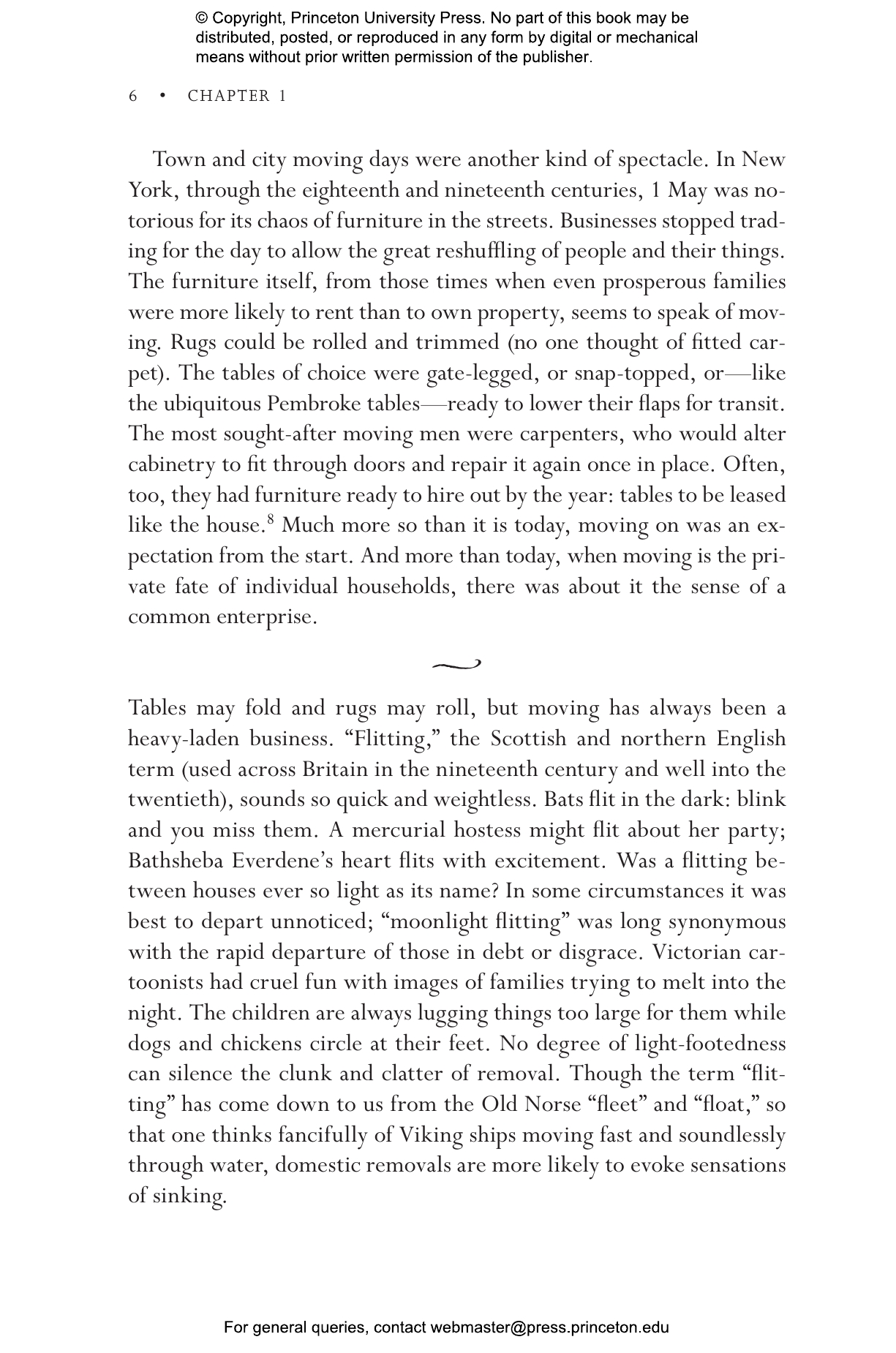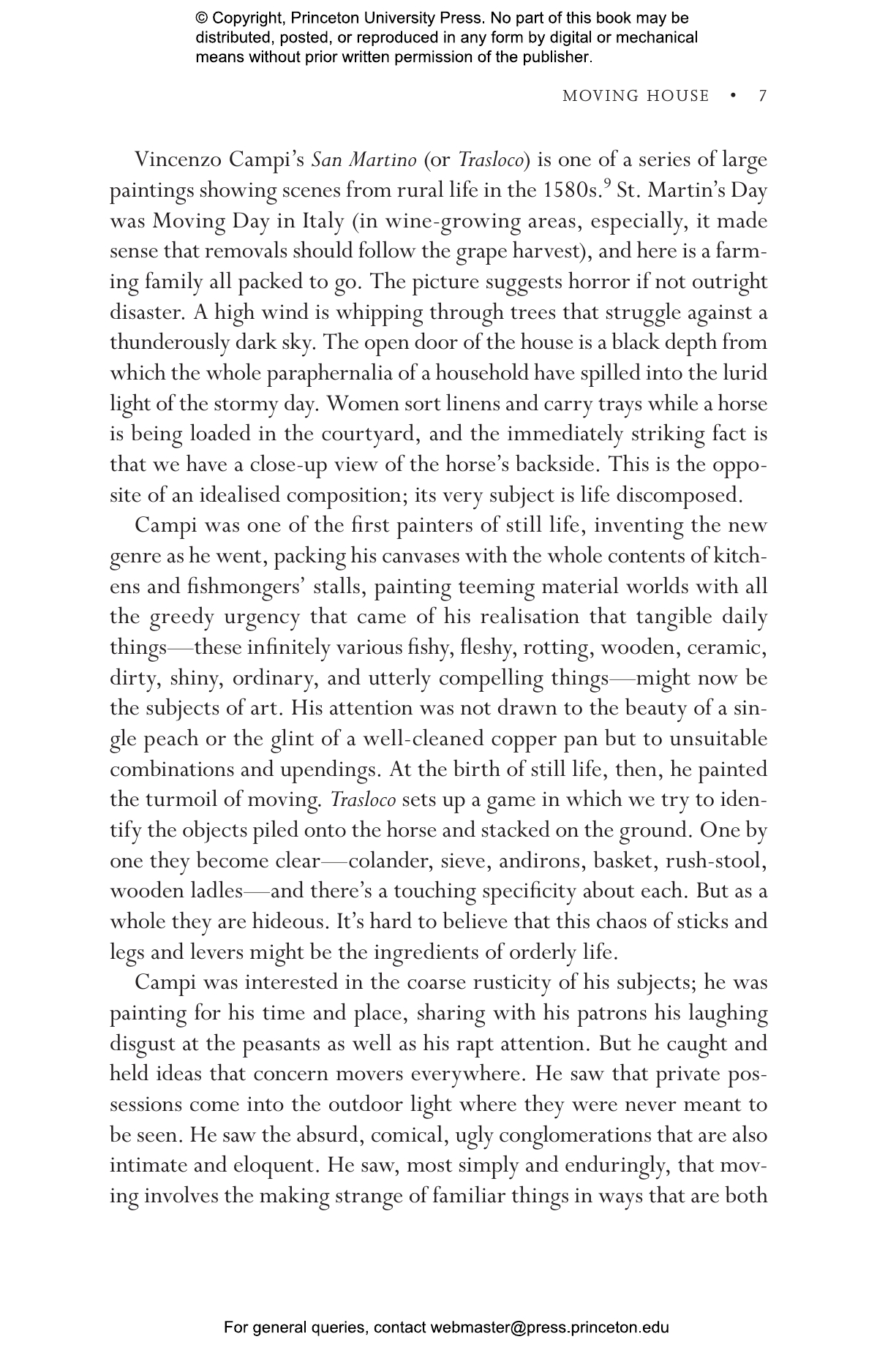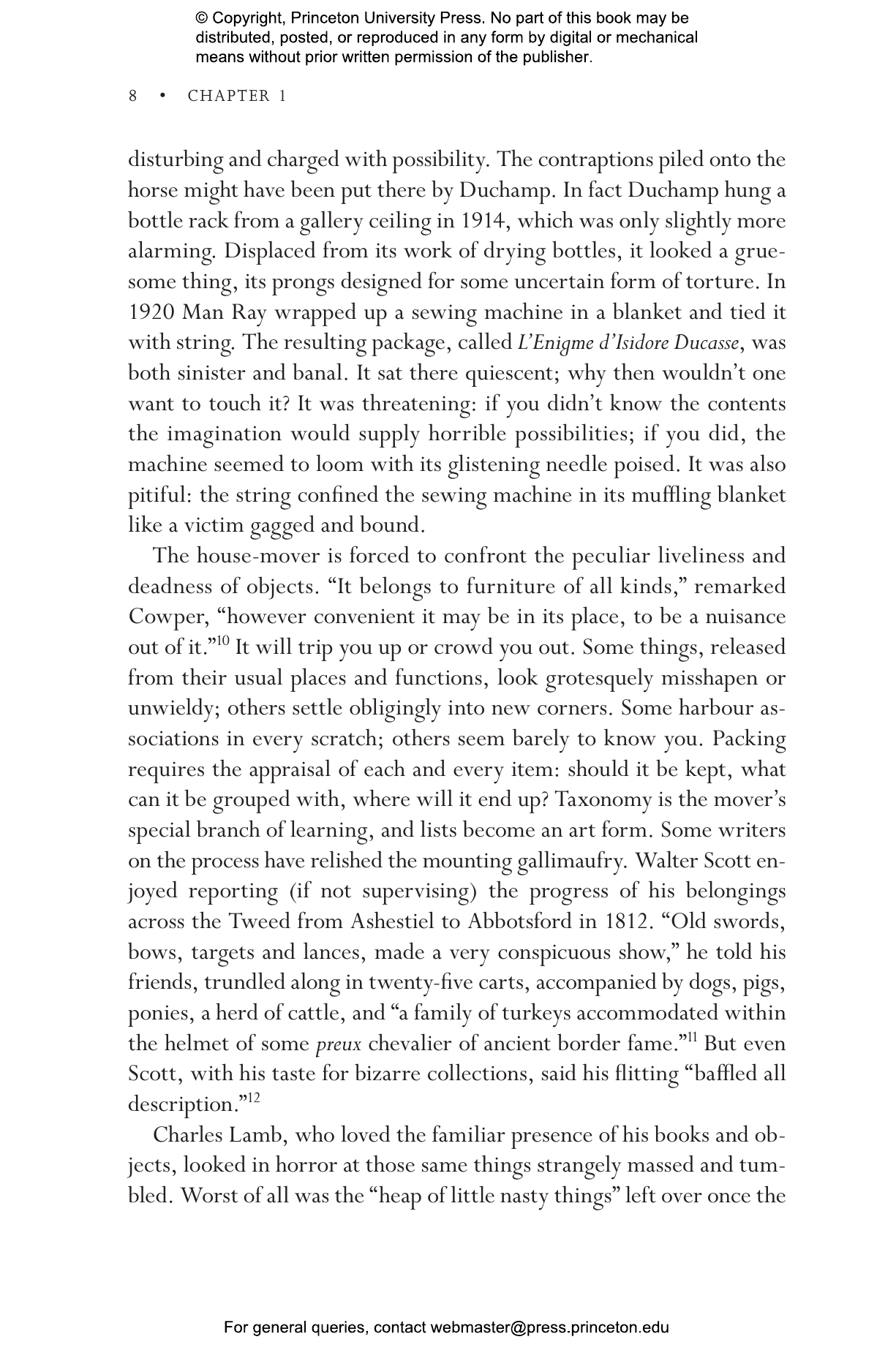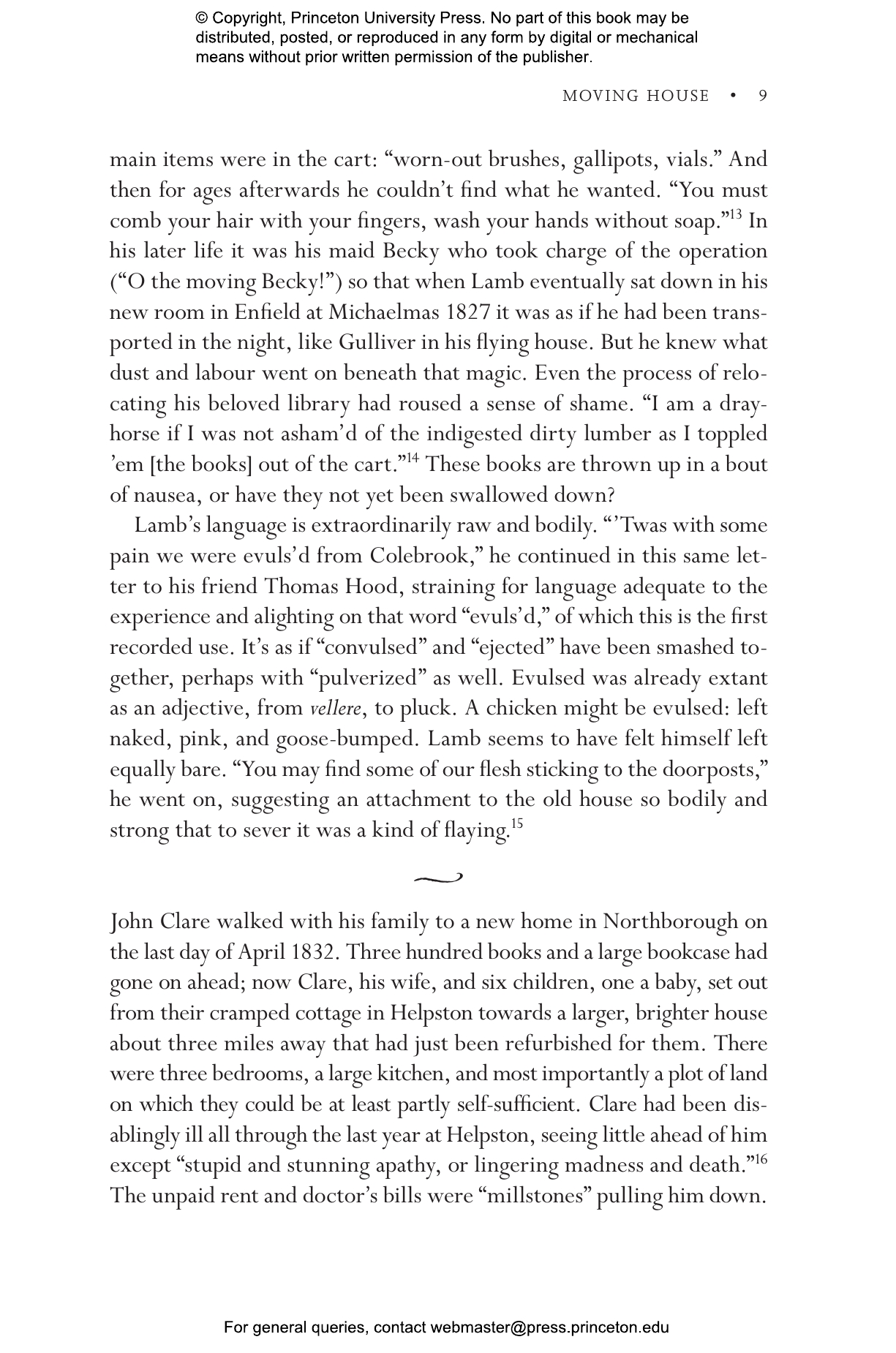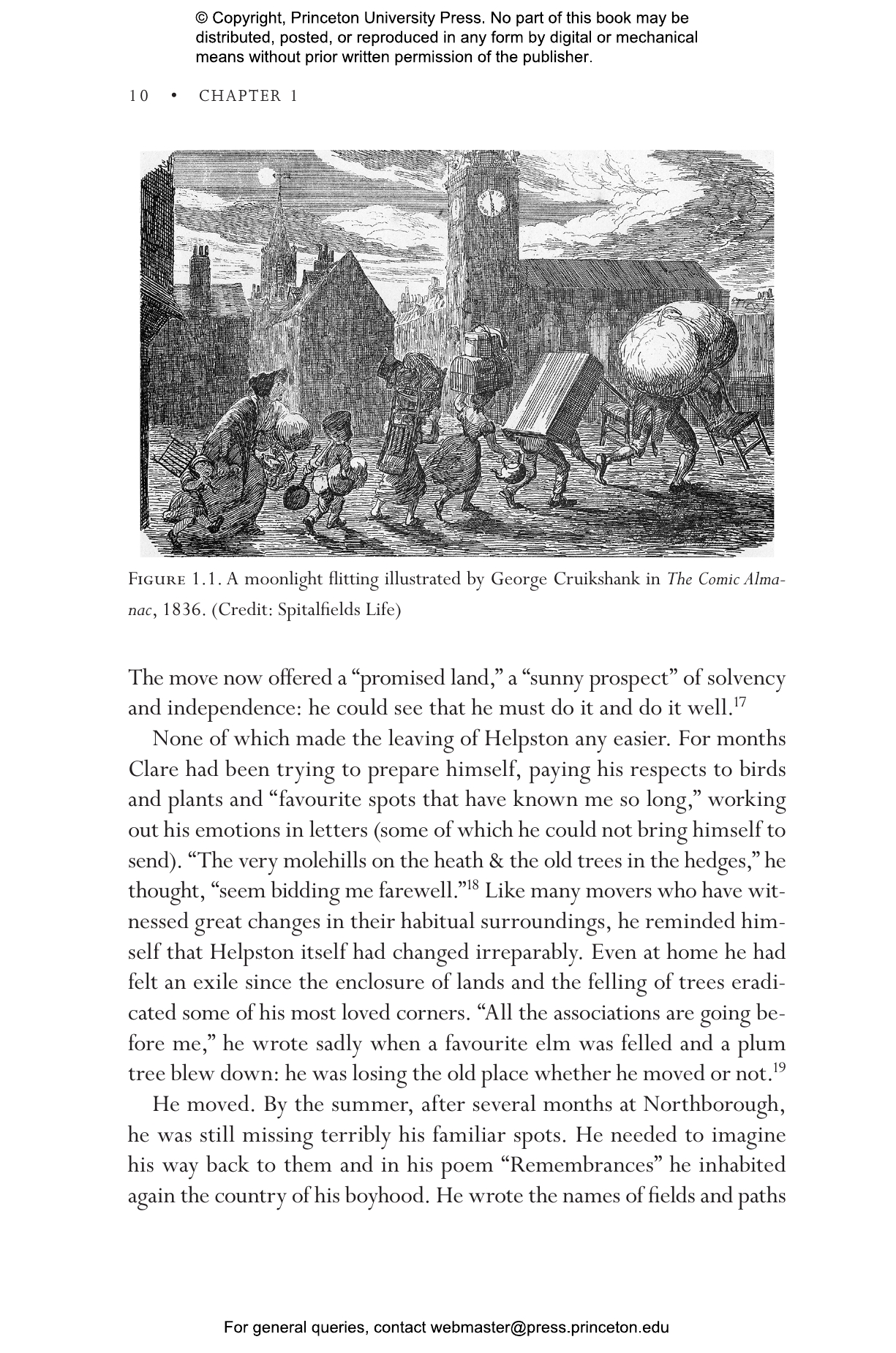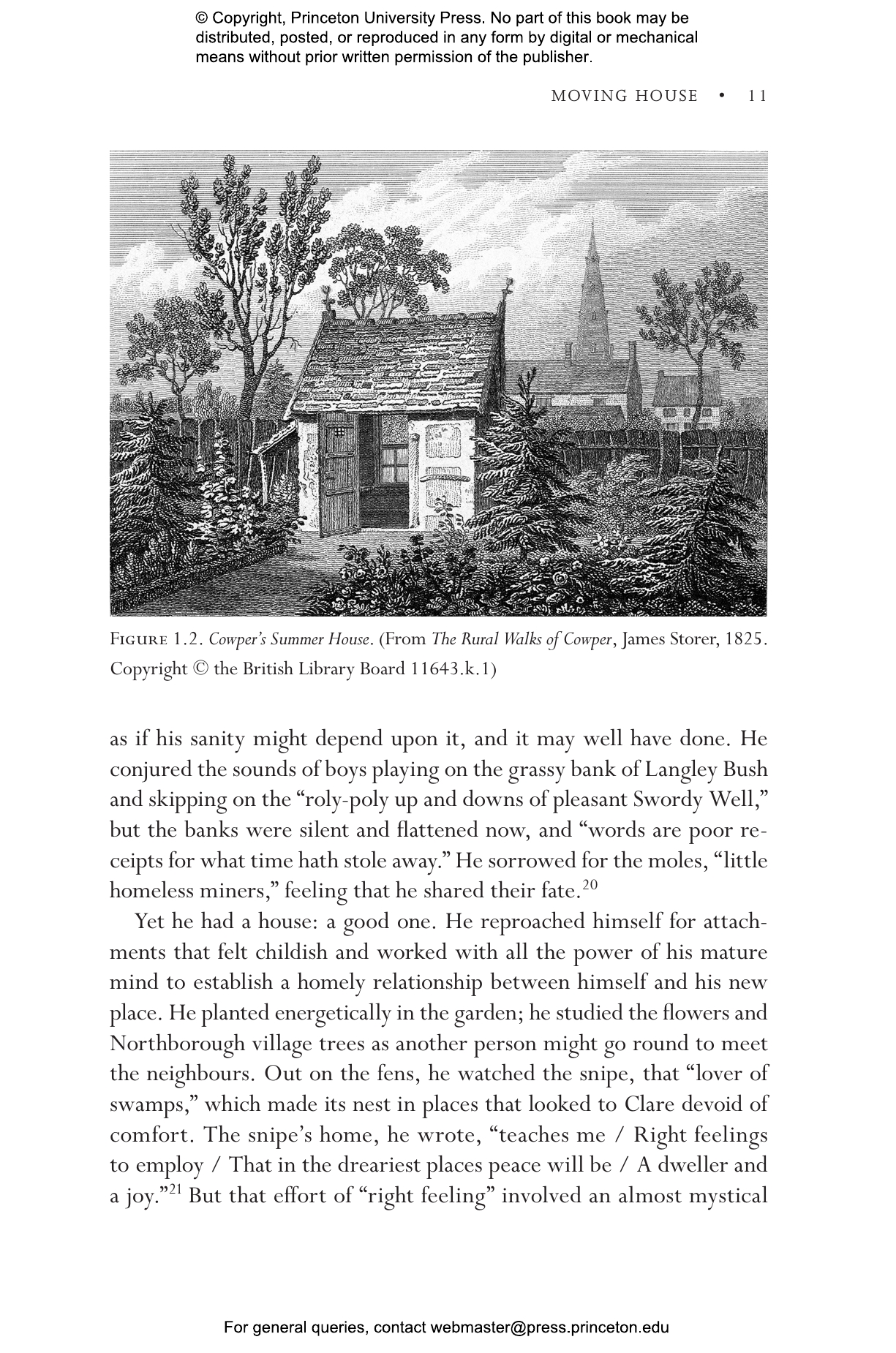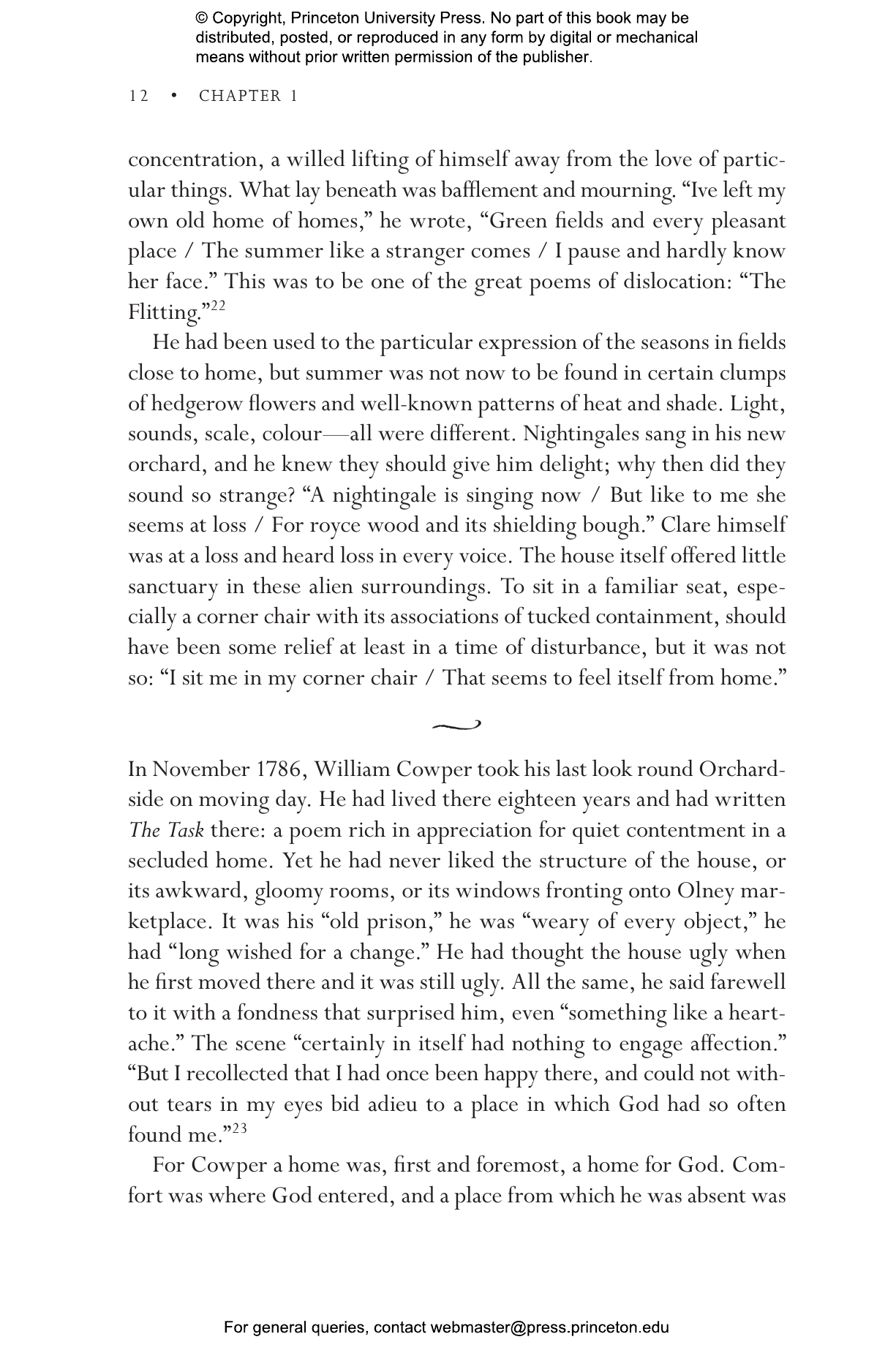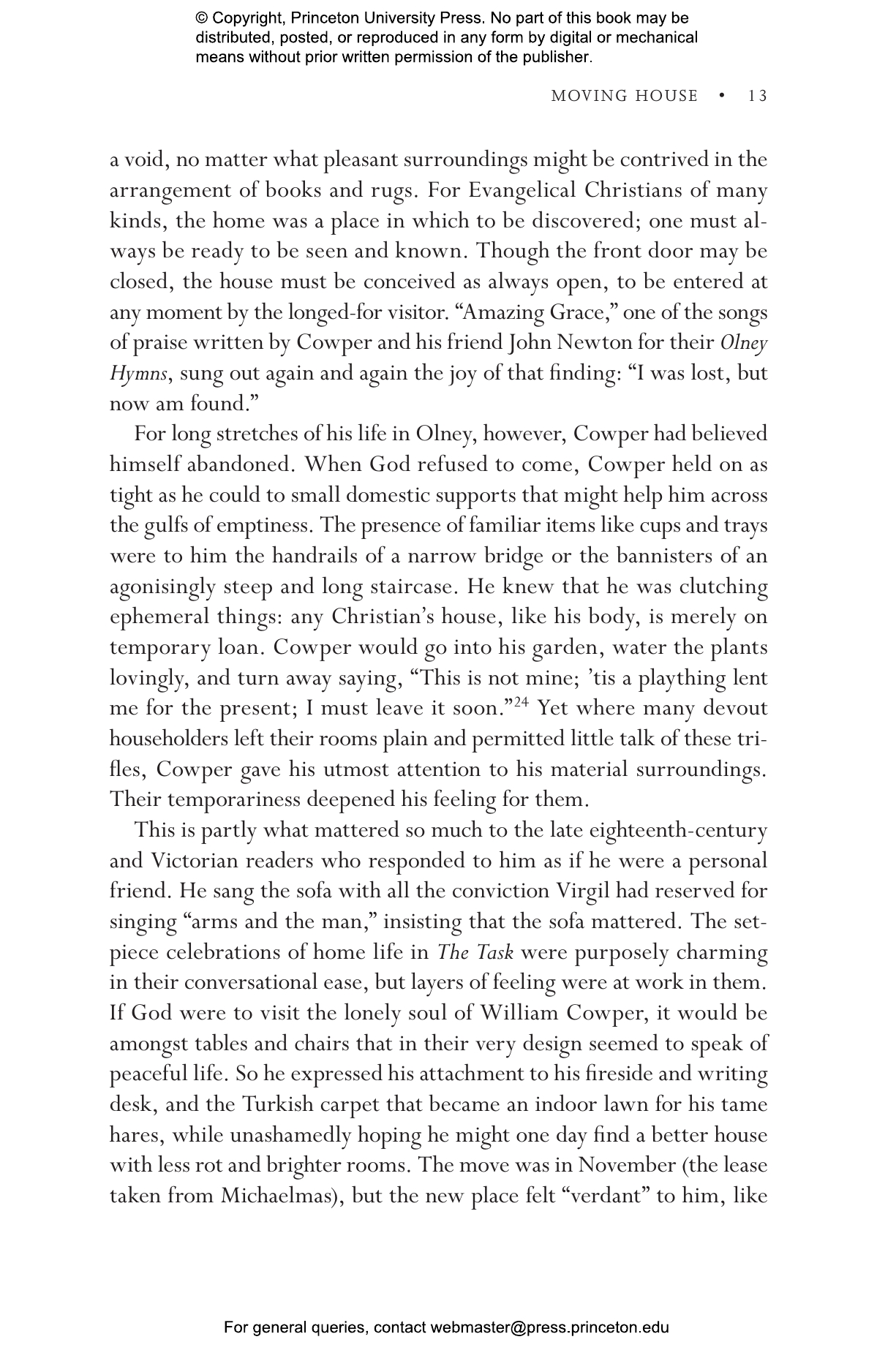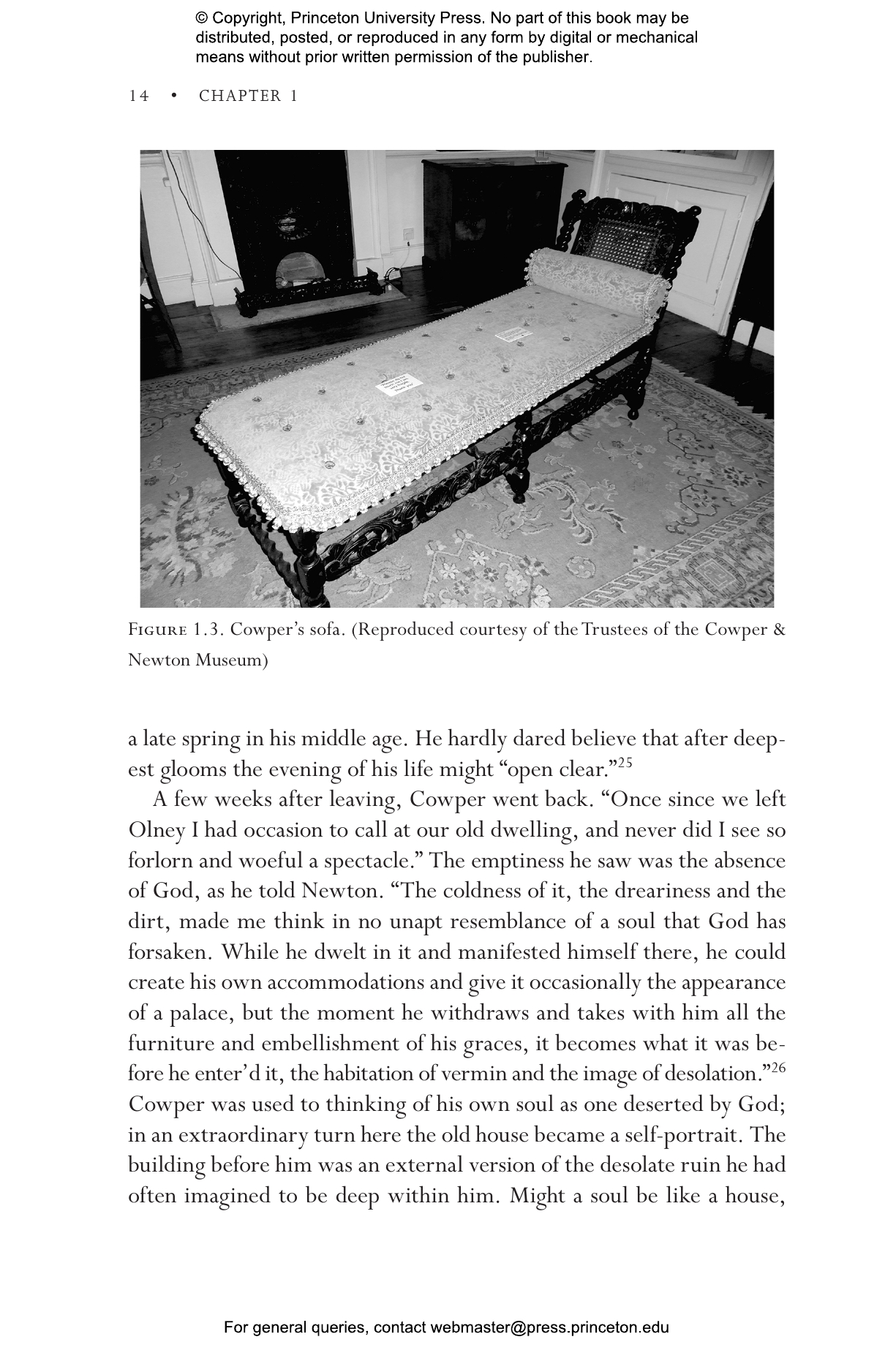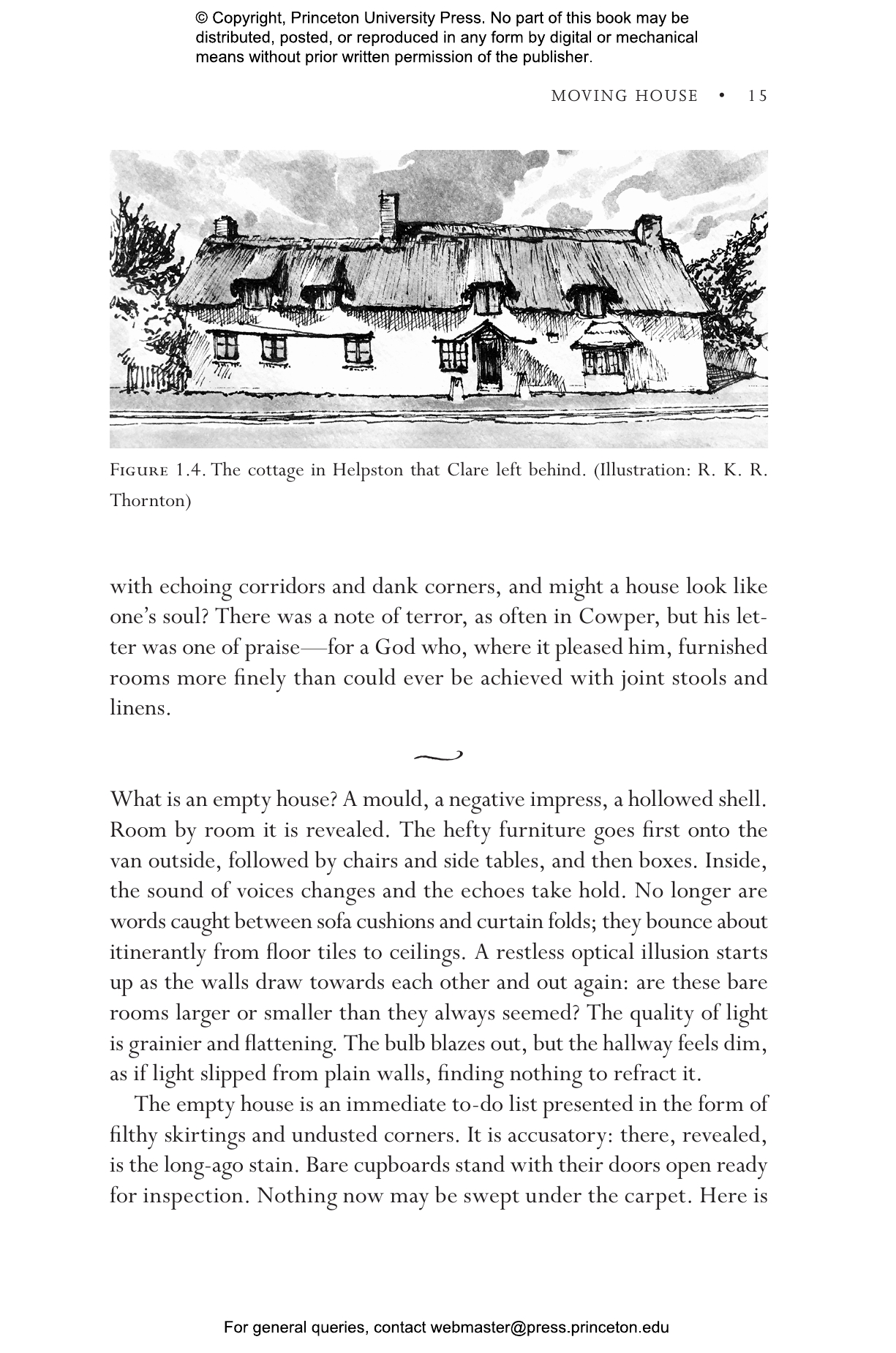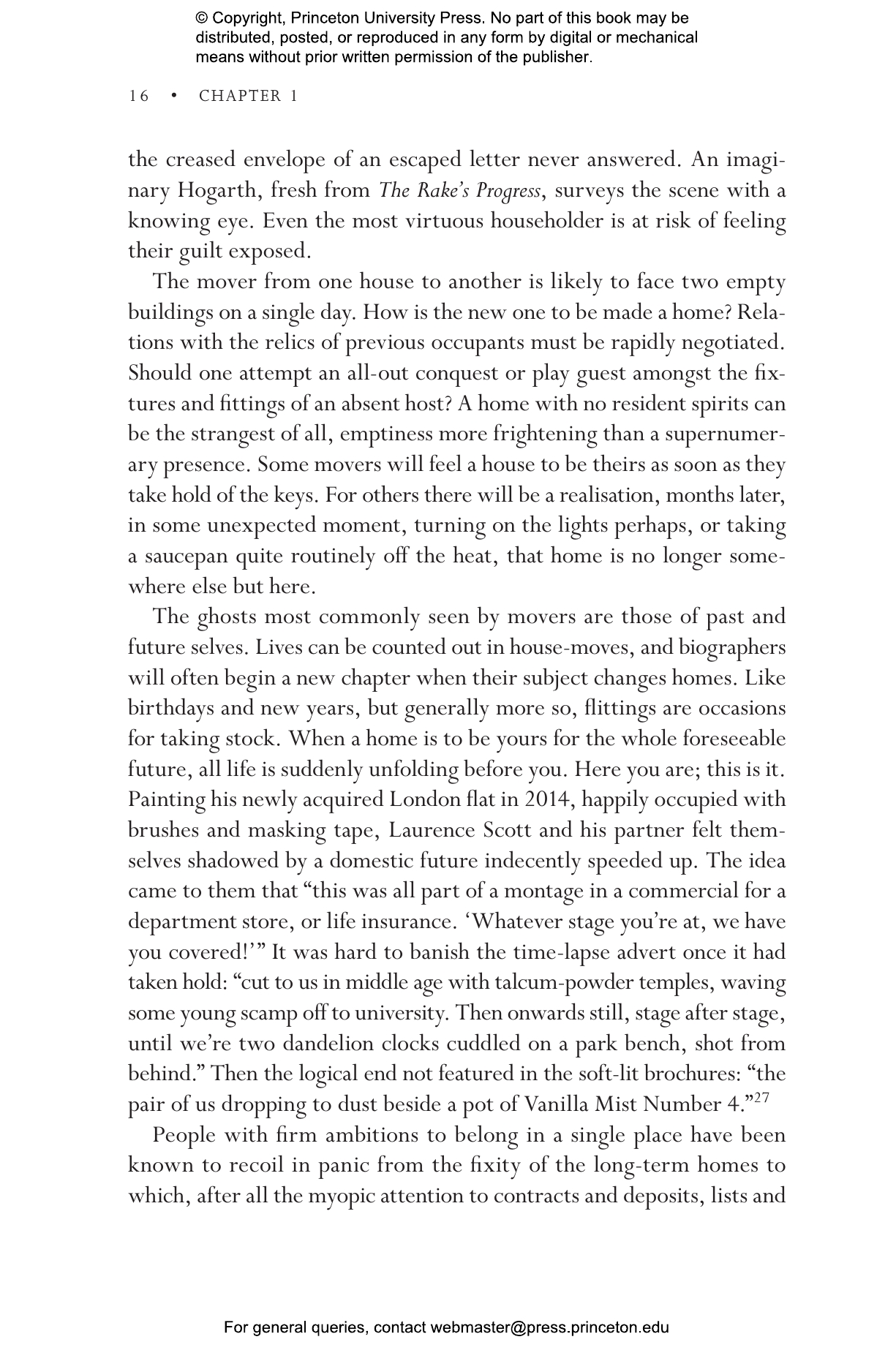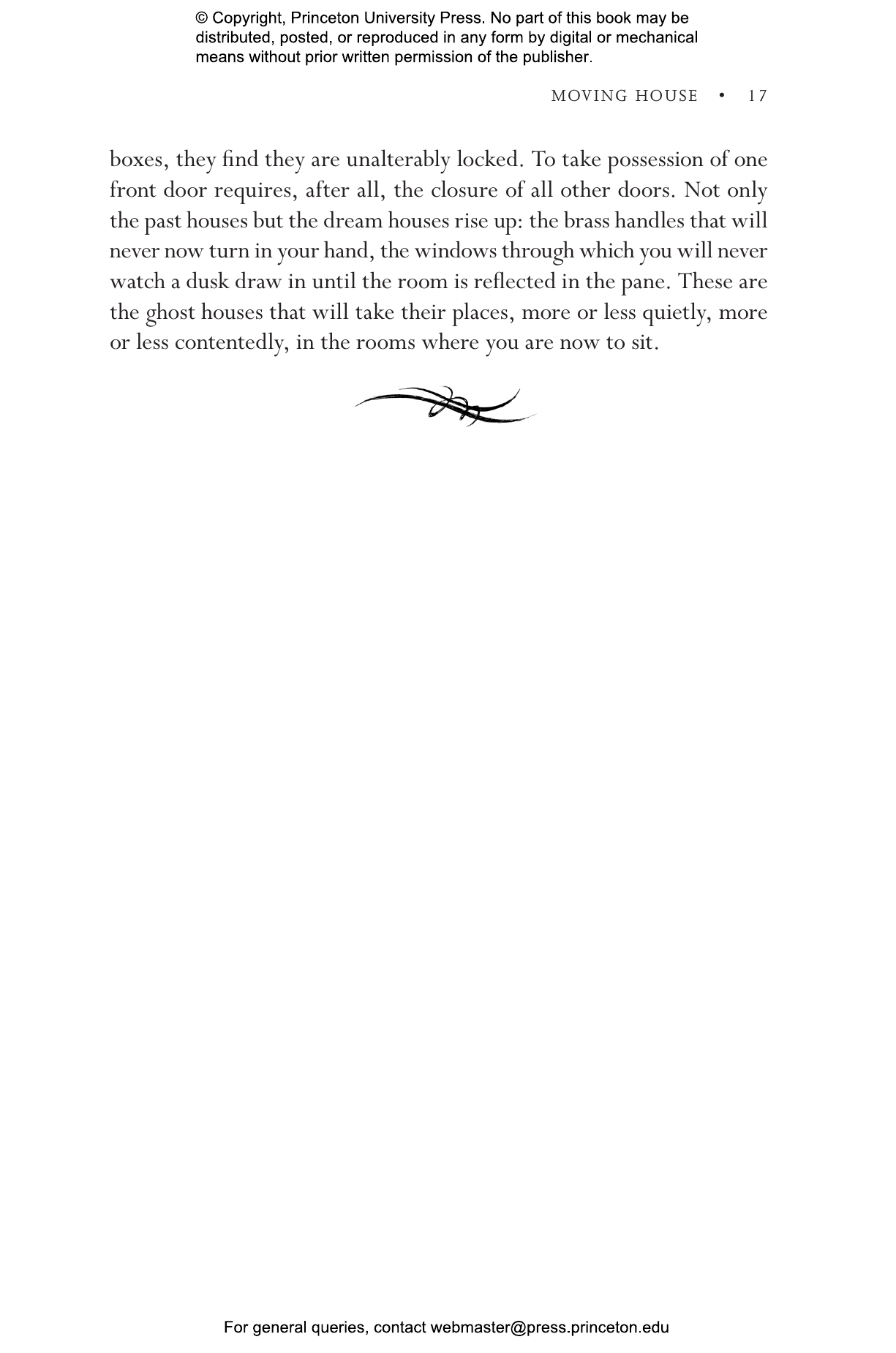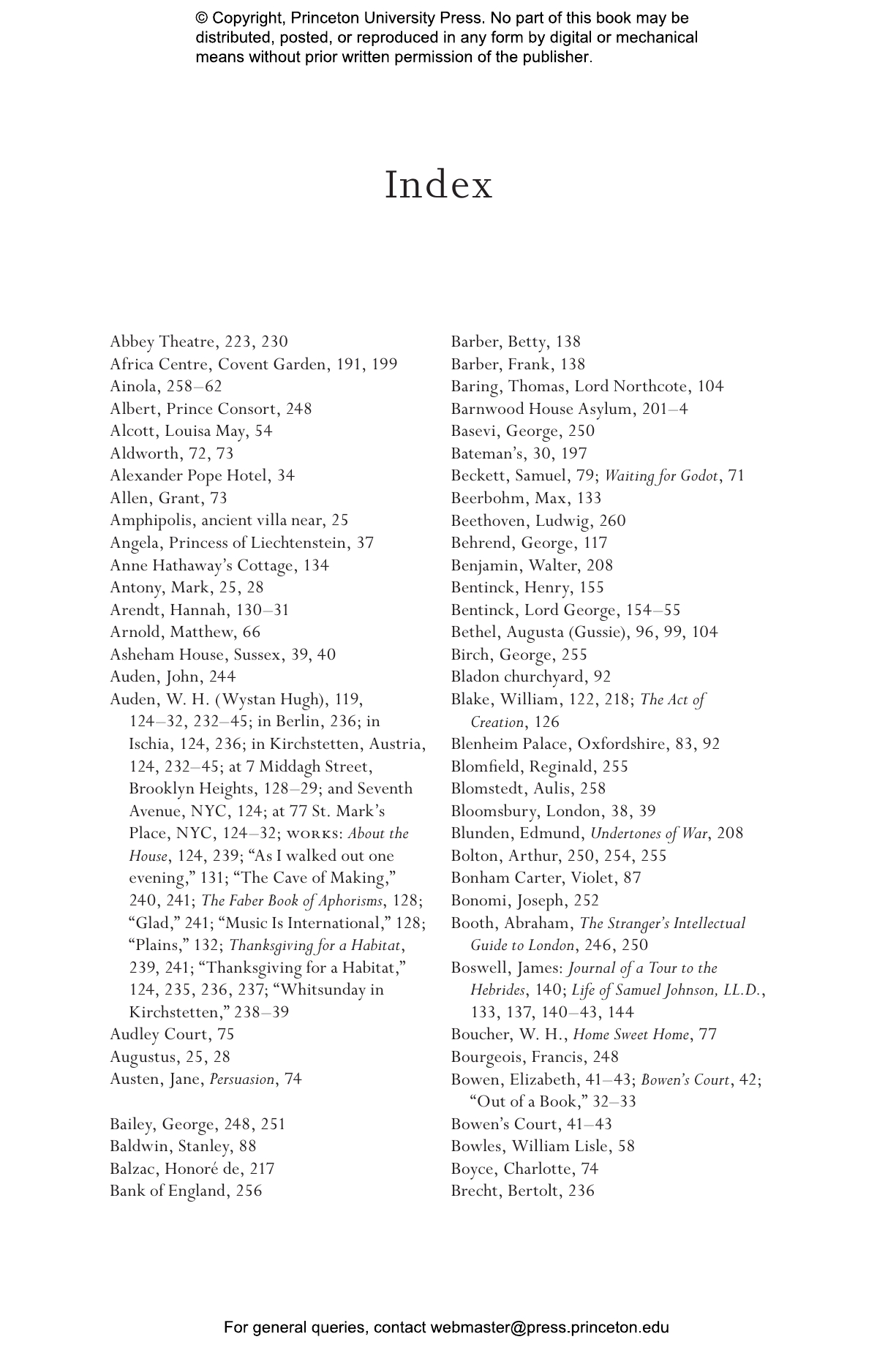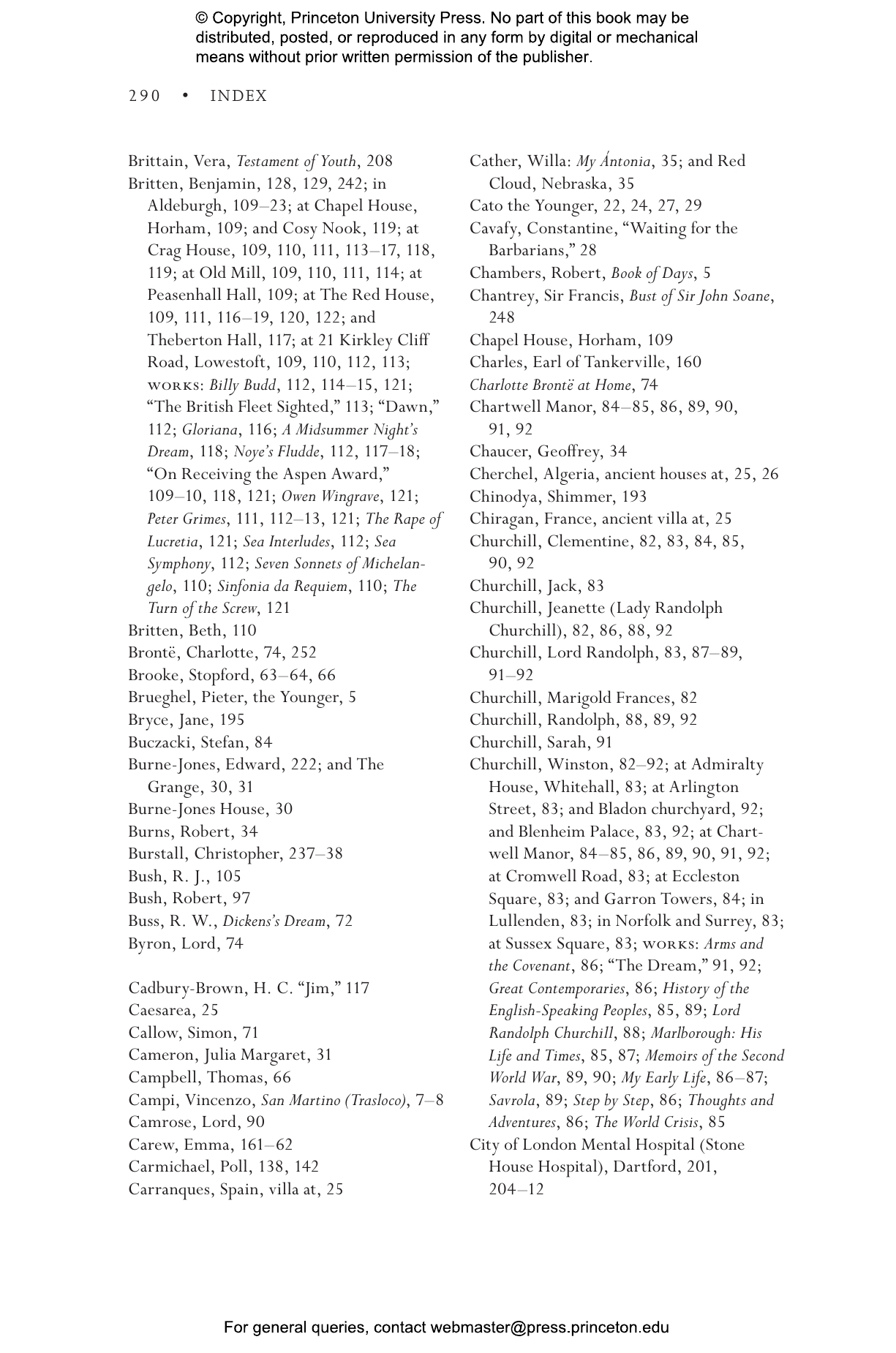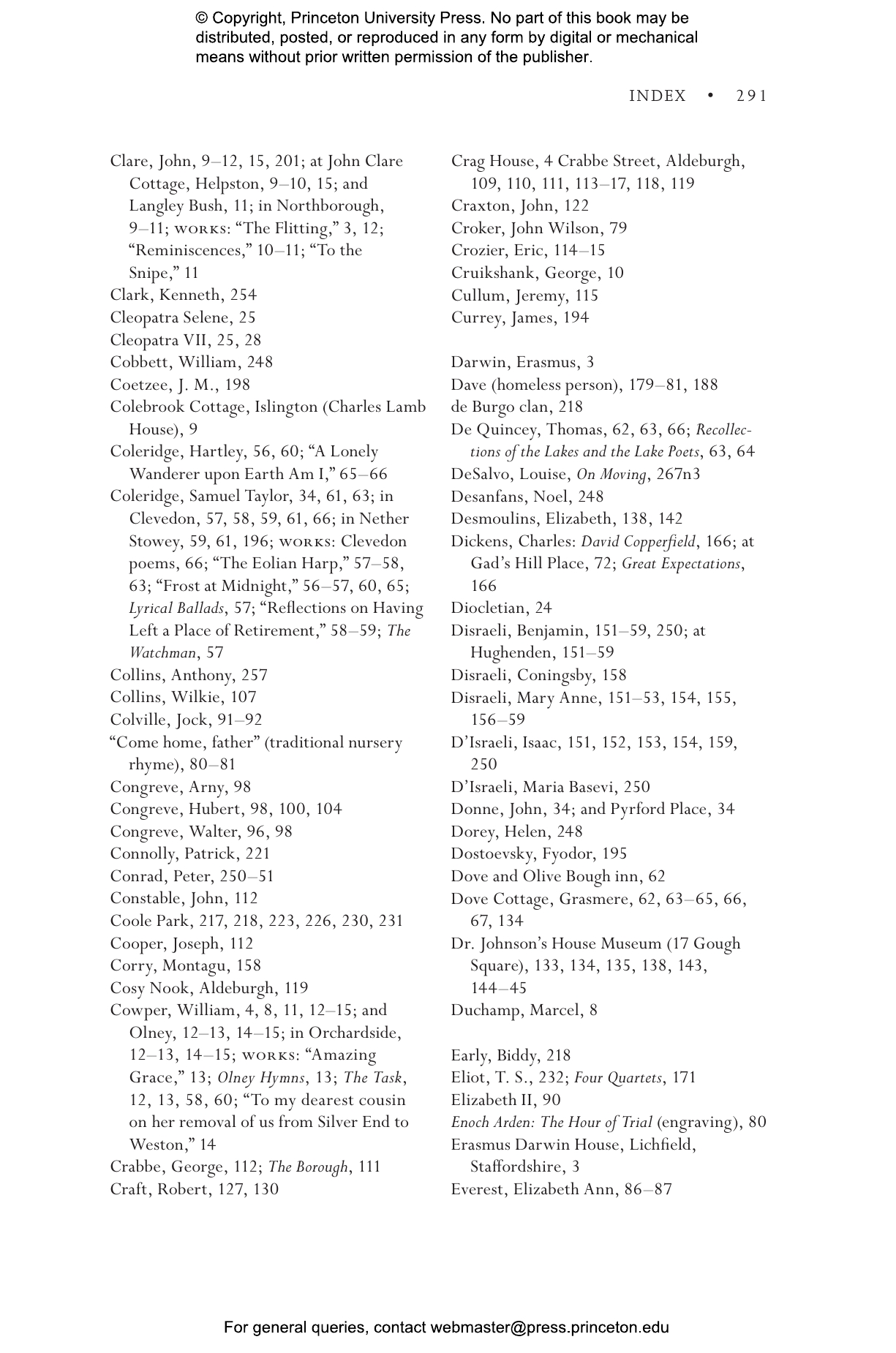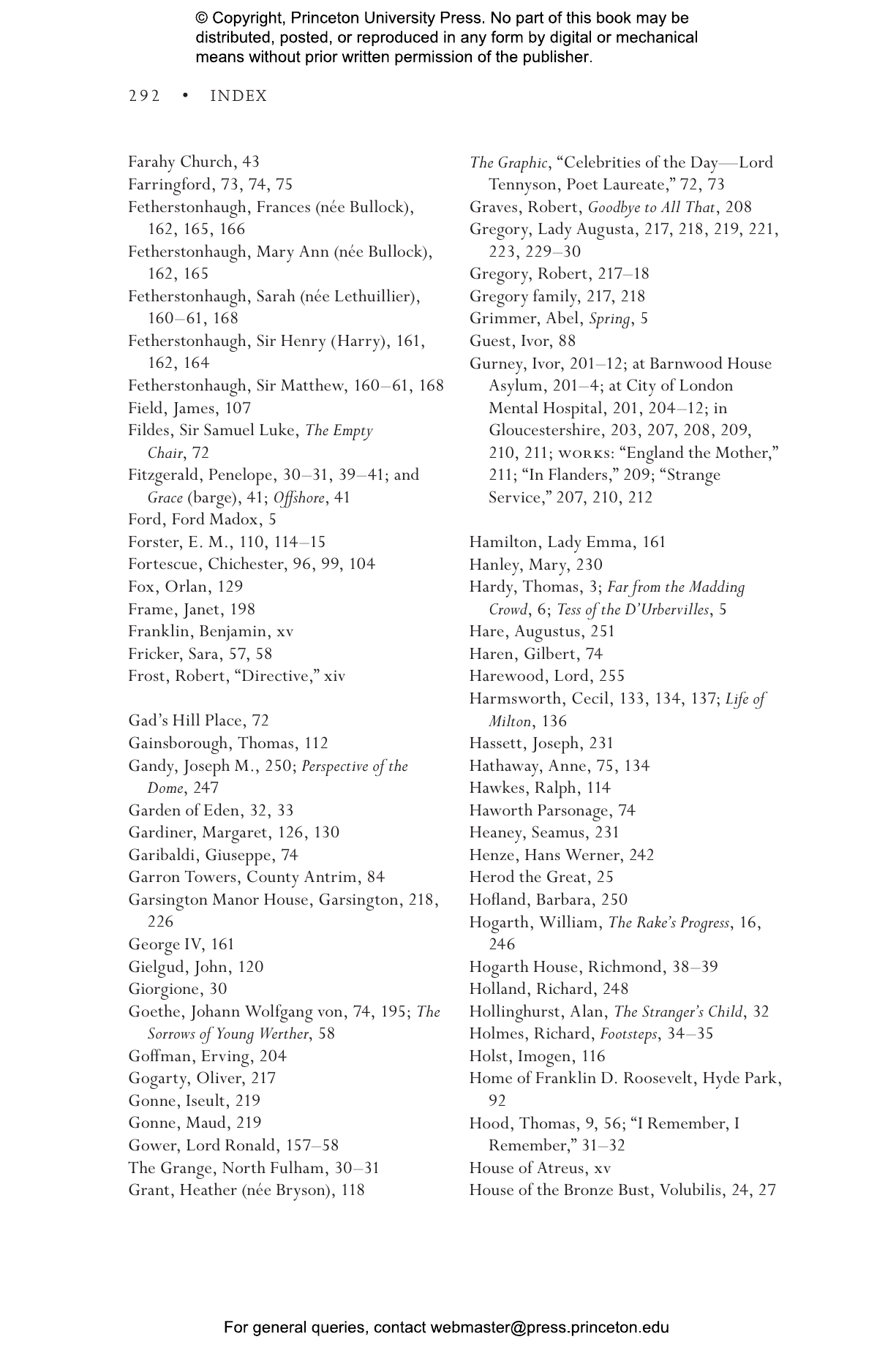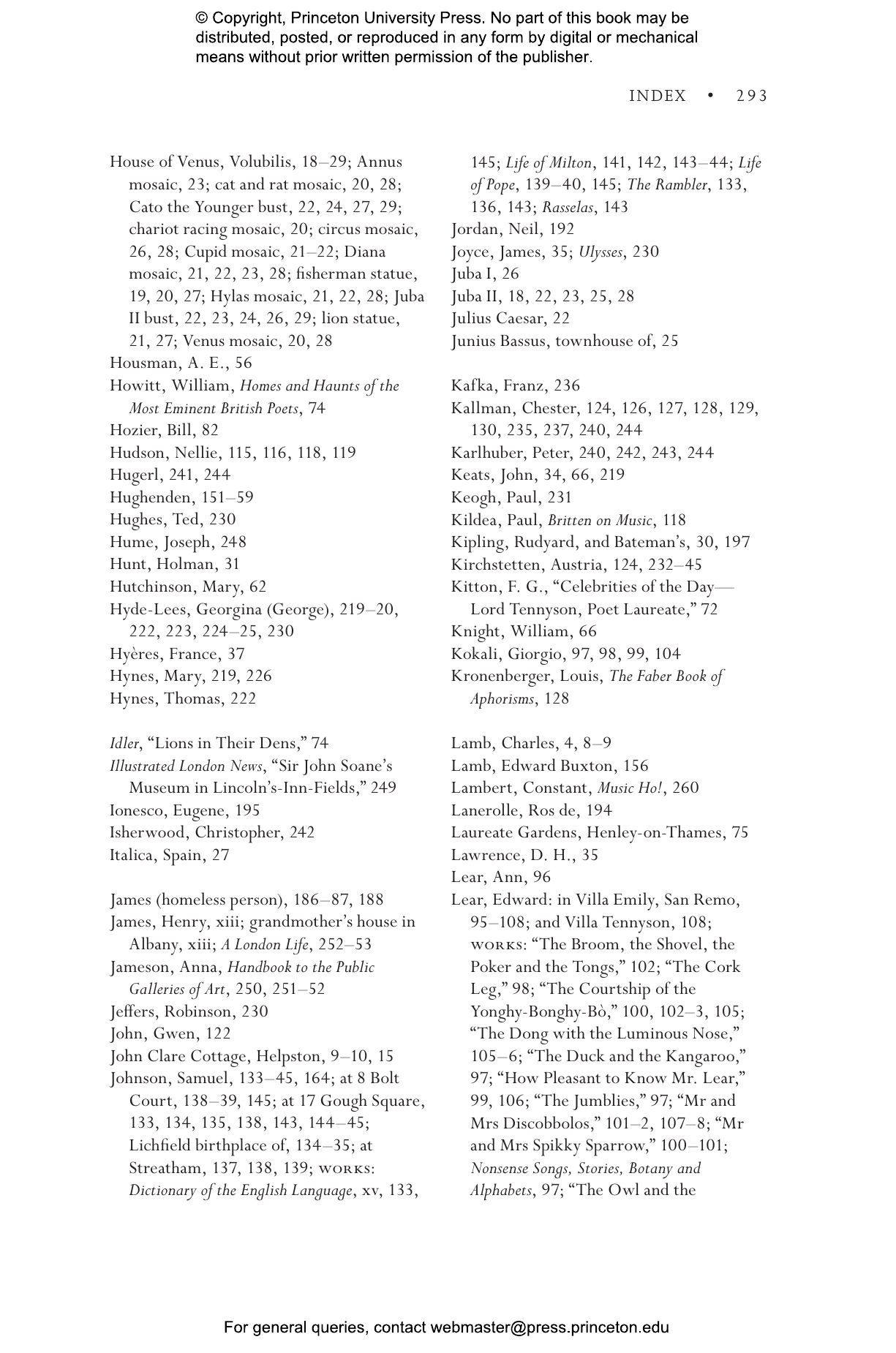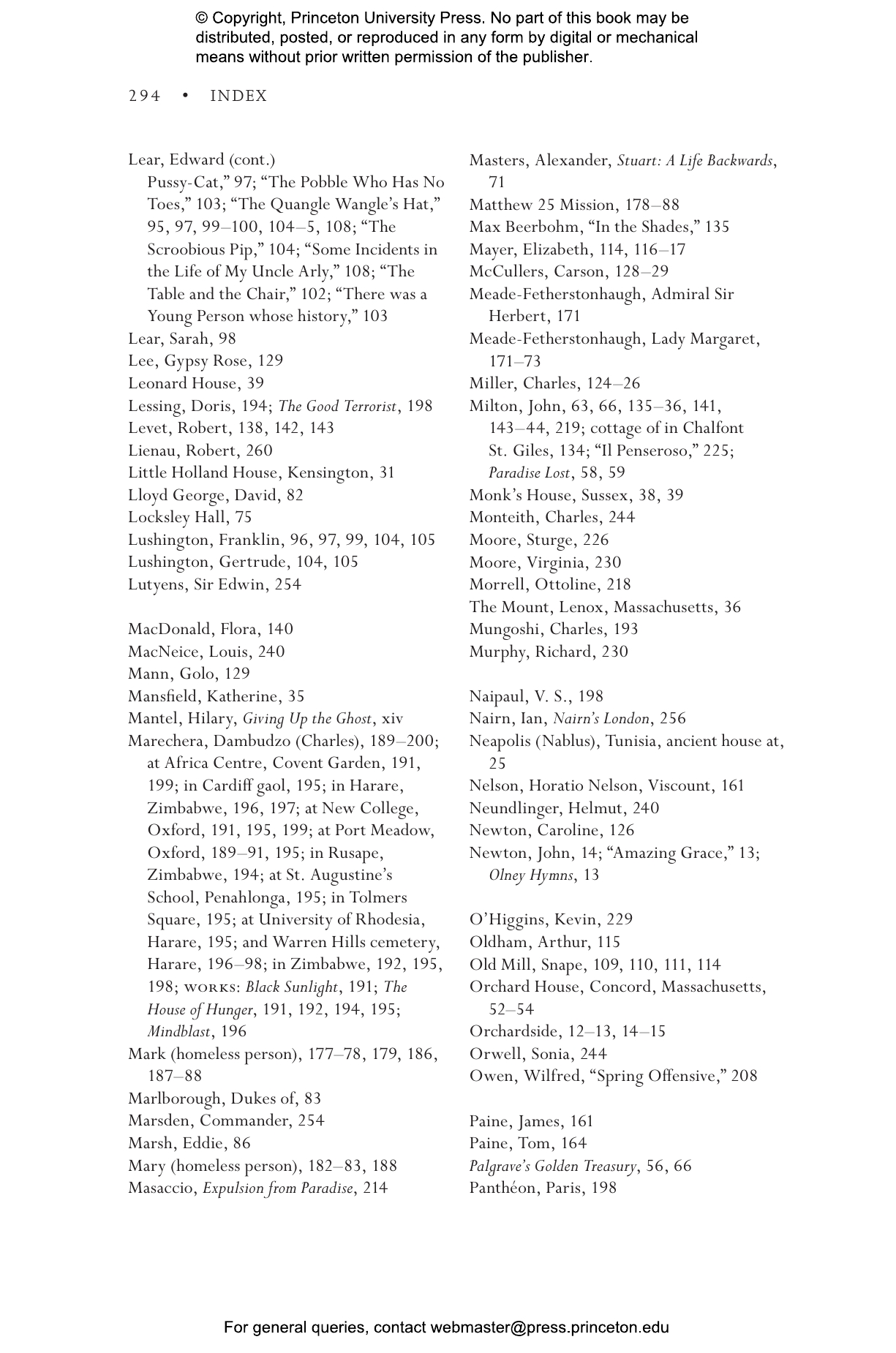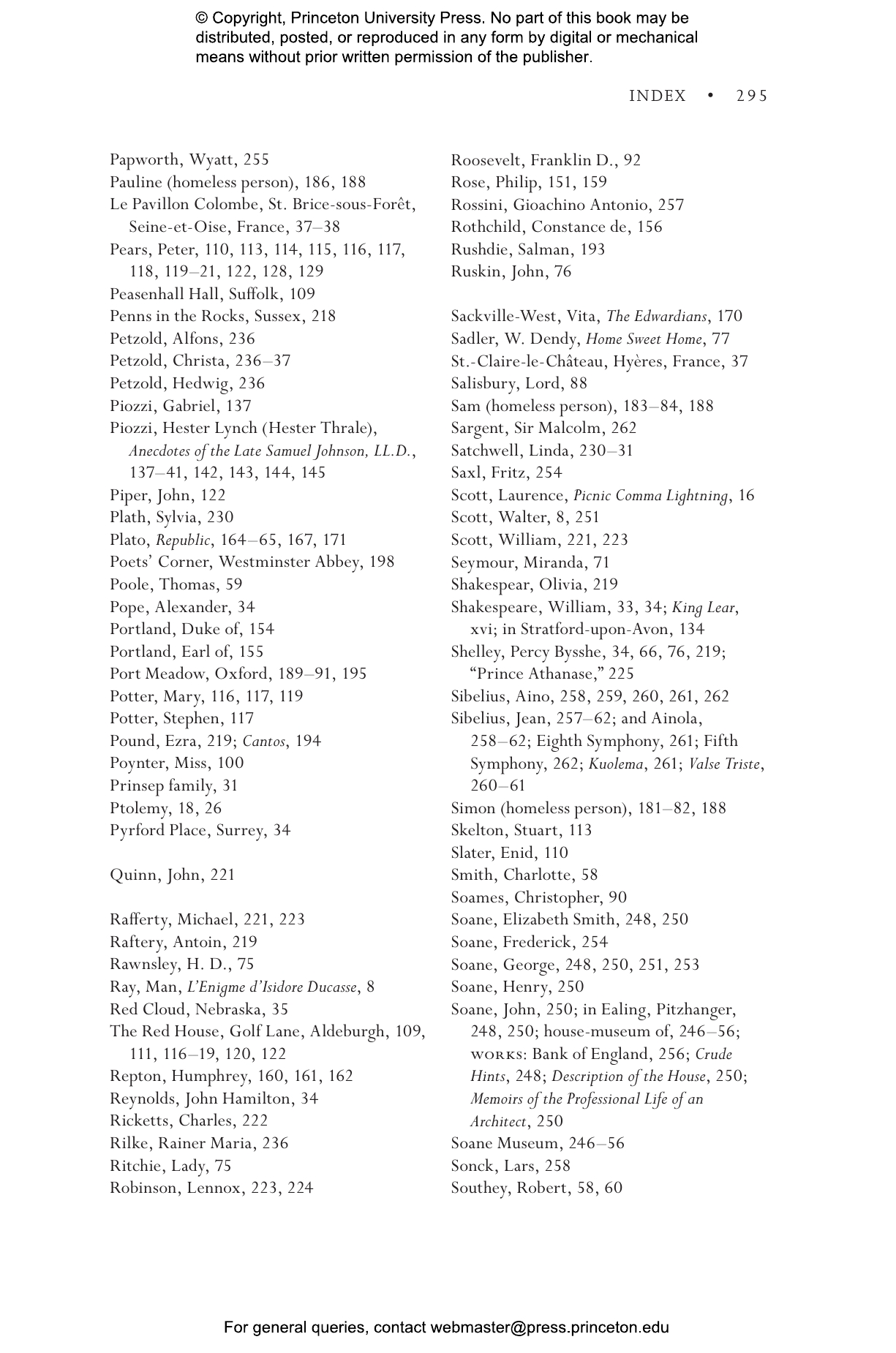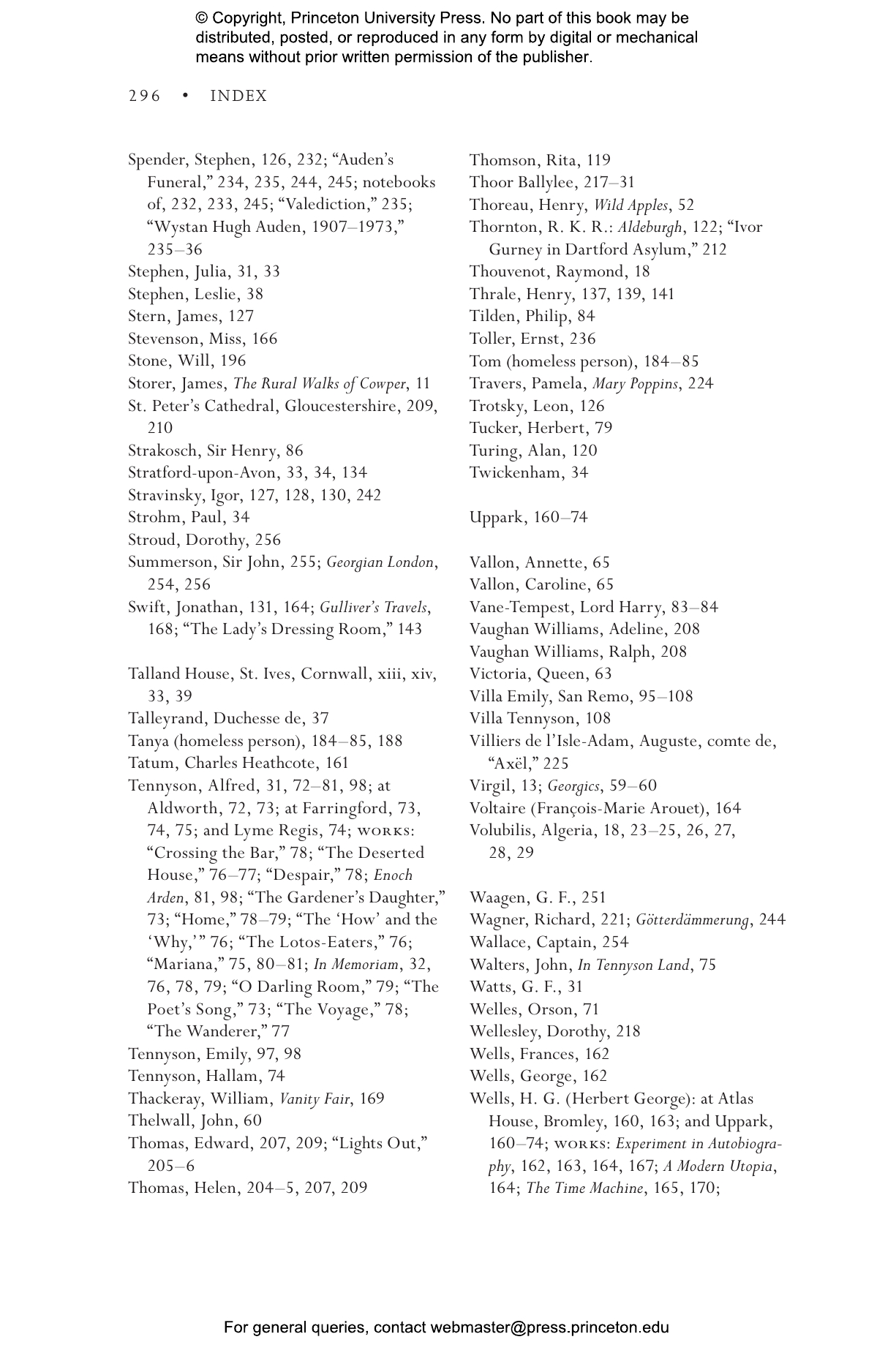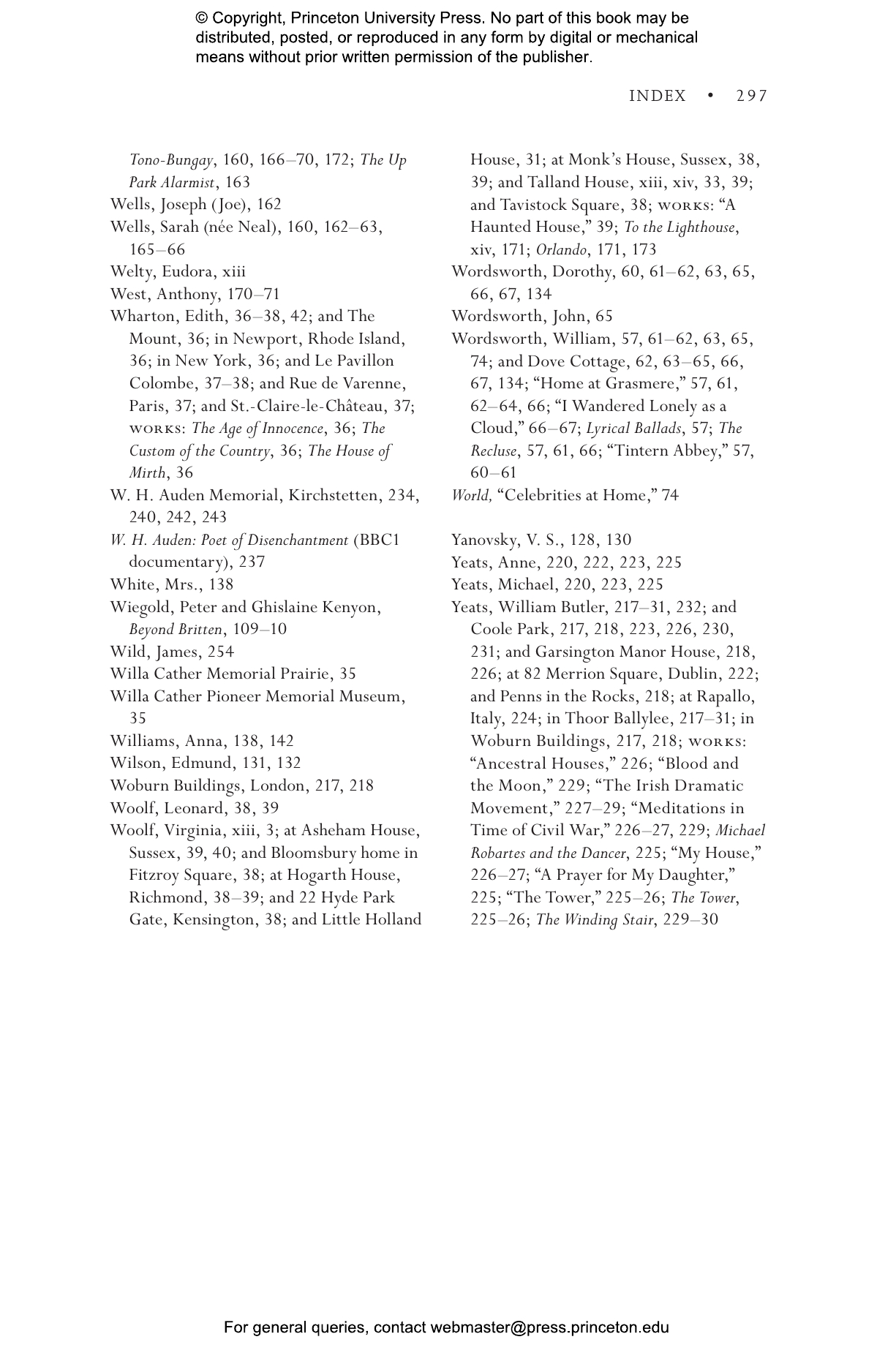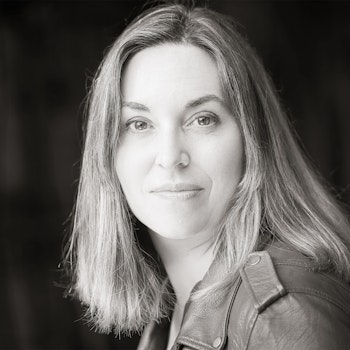What can a house tell us about the person who lives there? Do we shape the buildings we live in, or are we formed by the places we call home? And why are we especially fascinated by the houses of the famous and often long-dead? In Lives of Houses, notable biographers, historians, critics, and poets explores these questions and more through fascinating essays on the houses of great writers, artists, composers, and politicians of the past.
Editors Kate Kennedy and Hermione Lee are joined by wide-ranging contributors, including Simon Armitage, Julian Barnes, David Cannadine, Roy Foster, Alexandra Harris, Daisy Hay, Margaret MacMillan, Alexander Masters, and Jenny Uglow. We encounter W. H. Auden, living in joyful squalor in New York’s St. Mark’s Place, and W. B. Yeats in his flood-prone tower in the windswept West of Ireland. We meet Benjamin Disraeli, struggling to keep up appearances, and track the lost houses of Virginia Woolf and Elizabeth Bowen. We visit Benjamin Britten in Aldeburgh, England, and Jean Sibelius at Ainola, Finland. But Lives of Houses also considers those who are unhoused, unwilling or unable to establish a home—from the bewildered poet John Clare wandering the byways of England to the exiled Zimbabwean writer Dambudzo Marechera living on the streets of London.
With more than forty illustrations, Lives of Houses illuminates what houses mean to us and how we use them to connect to and think about the past. The result is a fresh and engaging look at house and home.
Featuring Alexandra Harris on moving house ● Susan Walker on Morocco’s ancient Roman House of Venus ● Hermione Lee on biographical quests for writers’ houses ● Margaret MacMillan on her mother’s Toronto house ● a poem by Maura Dooley, “Visiting Orchard House, Concord, Massachusetts”—the house in which Louisa May Alcott wrote and set her novel Little Women ● Felicity James on William and Dorothy Wordsworth’s Dove Cottage ● Robert Douglas-Fairhurst at home with Tennyson ● David Cannadine on Winston Churchill’s dream house, Chartwell ● Jenny Uglow on Edward Lear at San Remo’s Villa Emily ● Lucy Walker on Benjamin Britten at Aldeburgh, England ● Seamus Perry on W. H. Auden at 77 St. Mark’s Place, New York City ● Rebecca Bullard on Samuel Johnson’s houses ● a poem by Simon Armitage, “The Manor” ● Daisy Hay at home with the Disraelis ● Laura Marcus on H. G. Wells at Uppark ● Alexander Masters on the fear of houses ● Elleke Boehmer on sites associated with Zimbabwean writer Dambudzo Marechera ● Kate Kennedy on the mental asylums where World War I poet Ivor Gurney spent the last years of his life ● a poem by Bernard O’Donoghue, “Safe Houses” ● Roy Foster on W. B. Yeats and Thoor Ballylee ● Sandra Mayer on W. H. Auden’s Austrian home ● Gillian Darley on John Soane and the autobiography of houses ● Julian Barnes on Jean Sibelius and Ainola
"Some of the best writing about the home that I’ve ever had the pleasure to read—and, crucially, loads of black-and-white photographs and illustrations. . . . Kennedy and Lee pleasingly assert the freedom to consider not only houses, but also house-related themes."—Kate Bolick, New York Review of Books
"The joy of the book lies in the sheer variety of its subjects’ domestic routines. . . . Life-writing of this kind has the power to animate its subjects in ways that Sunday afternoon tours cannot."—Helen Barrett, Financial Times
"A rich and eclectic collection of essays about the role houses play in people’s lives and our fascination with the homes of our creative heroes."—P. D. Smith, The Guardian
"Crammed with picturesque detail."—Lindsay Duguid, Times Literary Supplement
"An enjoyable and at times outstanding gathering of idiosyncratic voices."—Kevin Jackson, Literary Review
"[A] thoughtful, meticulously edited collection of essays."—Lara Feigel, The Spectator
"A series of interesting essays about the houses of famous writers, composers and politicians."—Martin Chilton, The Independent
"Accessible, though with an obvious intellectual bent, Lives of Houses does not try to really answer the question of what houses mean to the people who live in them, but rather, calls readers to consider more broadly why these structures have such a hold—both physically and in how they frame the concept of home."—Michelle Anya Anjirbag, Shelf Awareness
"Pilgrimages to the houses of late artists and writers are often destined to disappoint. Many of us go with grand hopes of finding something revelatory—we’re not sure what—that will make us feel closer to the person, perhaps lead us to discover something hidden about their work. Lives of Houses . . . is a collection of essays largely centered on such pilgrimages and what we unexpectedly find."—Elisa Wouk Almino, Literary Hub
"An anthology with a concept both interesting in itself and unintentionally topical."—Carol Rumens, The Guardian
"Lives of Houses is a collection of 20 or so essays, and several poems, on the houses of an eclectic selection of people—some of them famous, some obscure, ranging in time from the Roman Empire to the present day."—Constance Craig Smith, Daily Mail
"The real object of study in Lives of Houses . . . is not the fascination with celebrity relics or the gossip over the scale and provenance of literary real estate, but the actual nature, tone and temperament of our attachment to place and home as dream-habitat and creative source."—Gregory Day, The Australian
"Lives of Houses centres human stories first and foremost. . . . Each morsel of information provides a jolt of recognition as we see that many of the common activities of life have not altered."—Charles Pidgeon, Oxford Review of Books
"A delight for bibliophiles."—David Luhrssen, ShepardExpress.com
"[An] immensely satisfying collection."—Hephzibah Anderson, Observer
"[A] favorite book about home and place."—Frances Mayes, Garden & Gun
"No other book explores the central role that house and home play in the biographies of authors and artists with so much sophistication, acumen, and tenderness. There is a lot to like in Lives of Houses."—Deidre Shauna Lynch, author of Loving Literature: A Cultural History
"Lives of Houses does that clever thing of filling a gap that, until this moment, had not been noticed."—Kathryn Hughes, author of The Short Life and Long Times of Mrs. Beeton
